TRACES
Transdisciplinary Research Center for Exhibition Studies
The Transdisciplinary Research Center for Exhibition Studies (TRACES) consolidates the existing interdisciplinary research approaches on the history and present of exhibitions at the Kunsthochschule Kassel and various departments of the University of Kassel. It is thus a nationally and internationally unique institution for exhibition research.
By transdisciplinary exhibition studies we mean an examination of exhibitions—not only of art—that reaches beyond departmental boundaries as media, representational systems, discourses, dispositifs, practices, and spheres of activity in consideration of their aesthetic, social, economic, and epistemological circumstances. The research focuses on exhibitions as a realm of activity and as locations of knowledge production, in which curatorial gestures, artistic positions, and perspectives on reception come together. As complex, aesthetic, and socially contextualized systems of meaning production, in which the world of things and that of the human agents that take part in their emergence mutually influence one another, exhibitions cannot be adequately understood by means of individual departments and disciplines working in isolation from one another. They also exceed the boundaries between scholarly, curatorial, and artistic research.
The initial motivation behind the founding of TRACES in autumn 2019 at the University of Kassel, was the creation of a documenta Institut in Kassel, a joint project of the state of Hessen, the City of Kassel, and the University of Kassel. The idea is for the emerging documenta Institut, which takes its name and its location from this large-scale exhibition with international renown, to develop into an extra-academic research facility with international visibility, which understands the past and the new present of each of the individual documenta exhibitions since 1955 as the starting point for transdisciplinary research proposals. As a university research center, TRACES will play a role in the documenta Institut as a cooperation partner, bringing in its own research initiatives and three new professorships to this end at the University of Kassel, for “Art and Society,” “Art and Knowledge,” and “Art and Economies.”
Board of Directors
Managing Director
Prof. Dr. Alexis Joachimides
School of Art
Associate Managing Director
Prof. Philipp Oswalt
School of Architecture, Urban Planning and Landscape Architecture
Prof. Dr. Liliana Gómez
Faculty of Humanities and Cultural Studies
Prof. Dierk Schmidt
School of Art
Prof. Cecilia Vallejos
School of Art
Prof. Dr. Mi You
Faculty of Social Sciences
School of Art (Kunsthochschule Kassel)
Dr. Beatrice Barrois, Post-Doc, Department of Art History and Aesthetics (20th/21st centuries)
In her dissertation, Beatrice Barrois deals with the context of ethnographic collections and the question of how the category of (non)knowledge can be aesthetically experienced in the space of the exhibition. Based on this work she describes the artistic experiment as a possibility for new (dis)orders of knowledge. Her research focuses on methods of scholarly and artistic research and their relevance in social contexts — further information
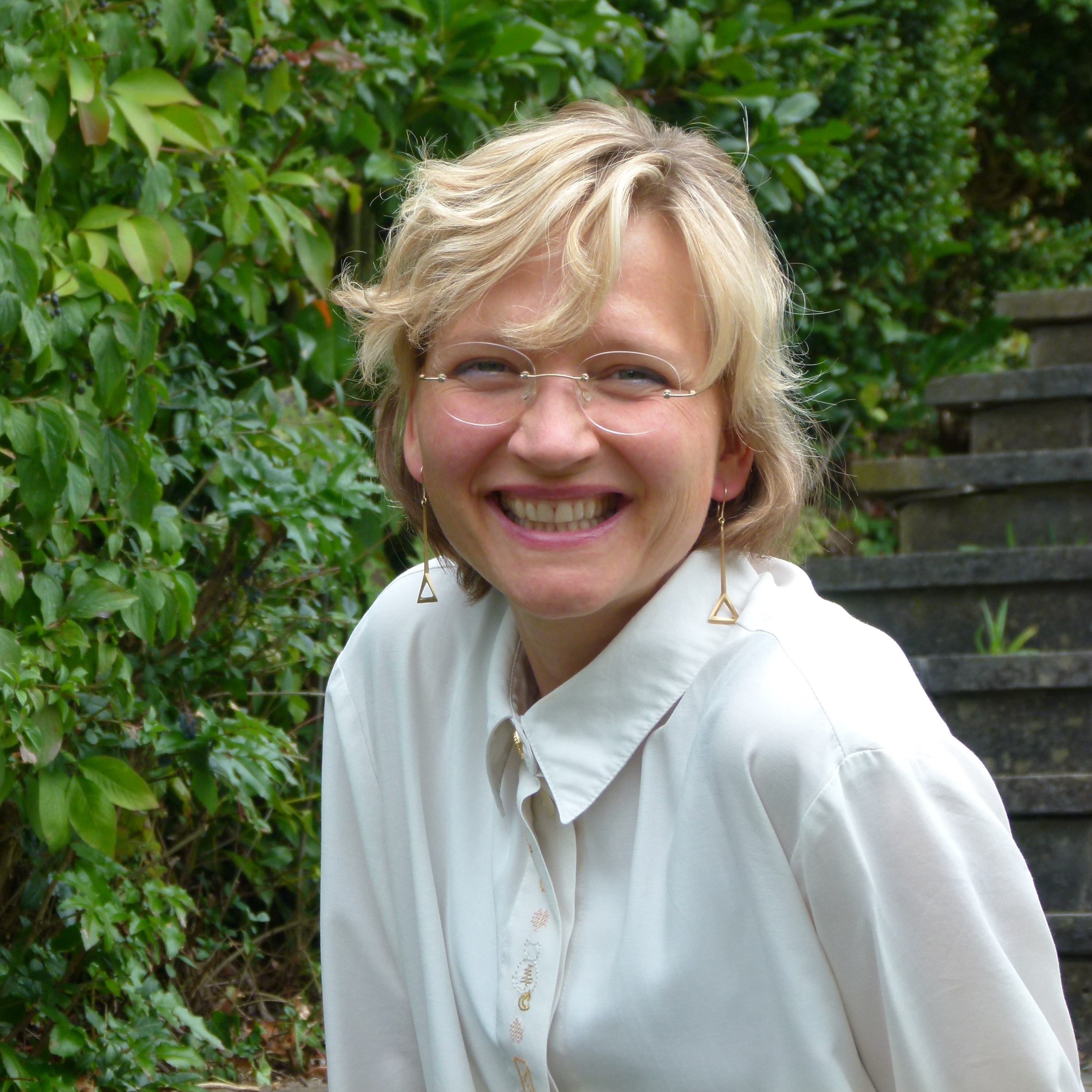
Prof. Dr. Martin Schmidl, Rector of the School of Art
Martin Schmidl has been rector of the Kunsthochschule Kassel since the end of 2021. He founded the research group Floorplan at the Department of Art History at the Friedrich Wilhelm University in Bonn, which is dedicated to the themes of the exhibition and the museum in cultural anthropology and the visual arts. He has curated project spaces for art, developed the design concept of the Sculpture Projects Münster, and has published texts on the staging and presentation of exhibitions — further information
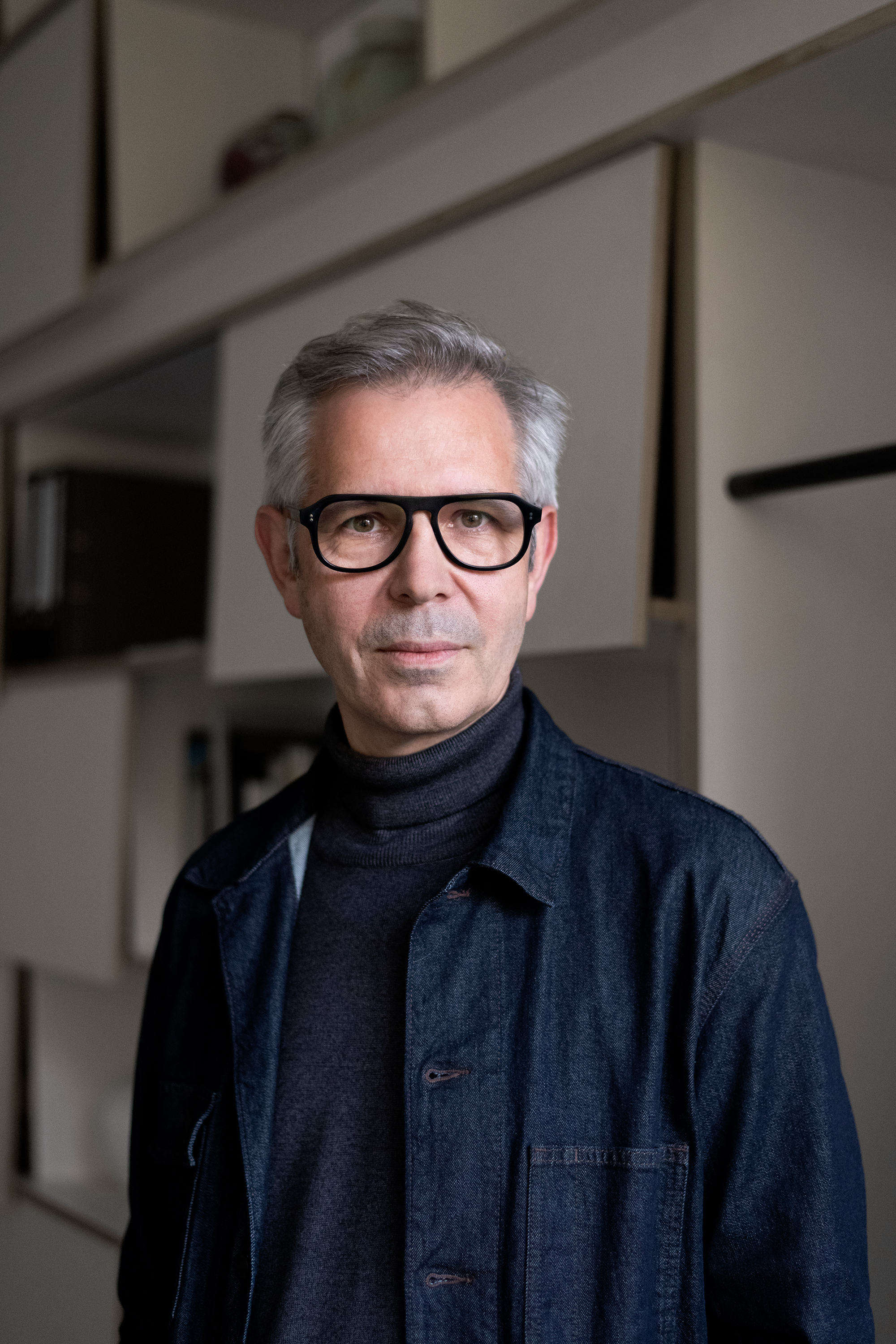
Nanne Buurman M.A., Research Associate, Department “documenta and Exhibition Studies”
Nanne Buurman researches, teaches, and publishes on the political, economic, and epistemological implications of curatorial practices as well as on the past and present of the documenta. She is co-founder of the internet platform documenta studien. In 2021 she curated the exhibition “wir alle sind gespenster/haunting infrastructures. Versuchsanordnungen zu NS-Kontinuitäten” in the continuities research group, which she has co-directed along with Alexis Joachimides since 2020 — further information
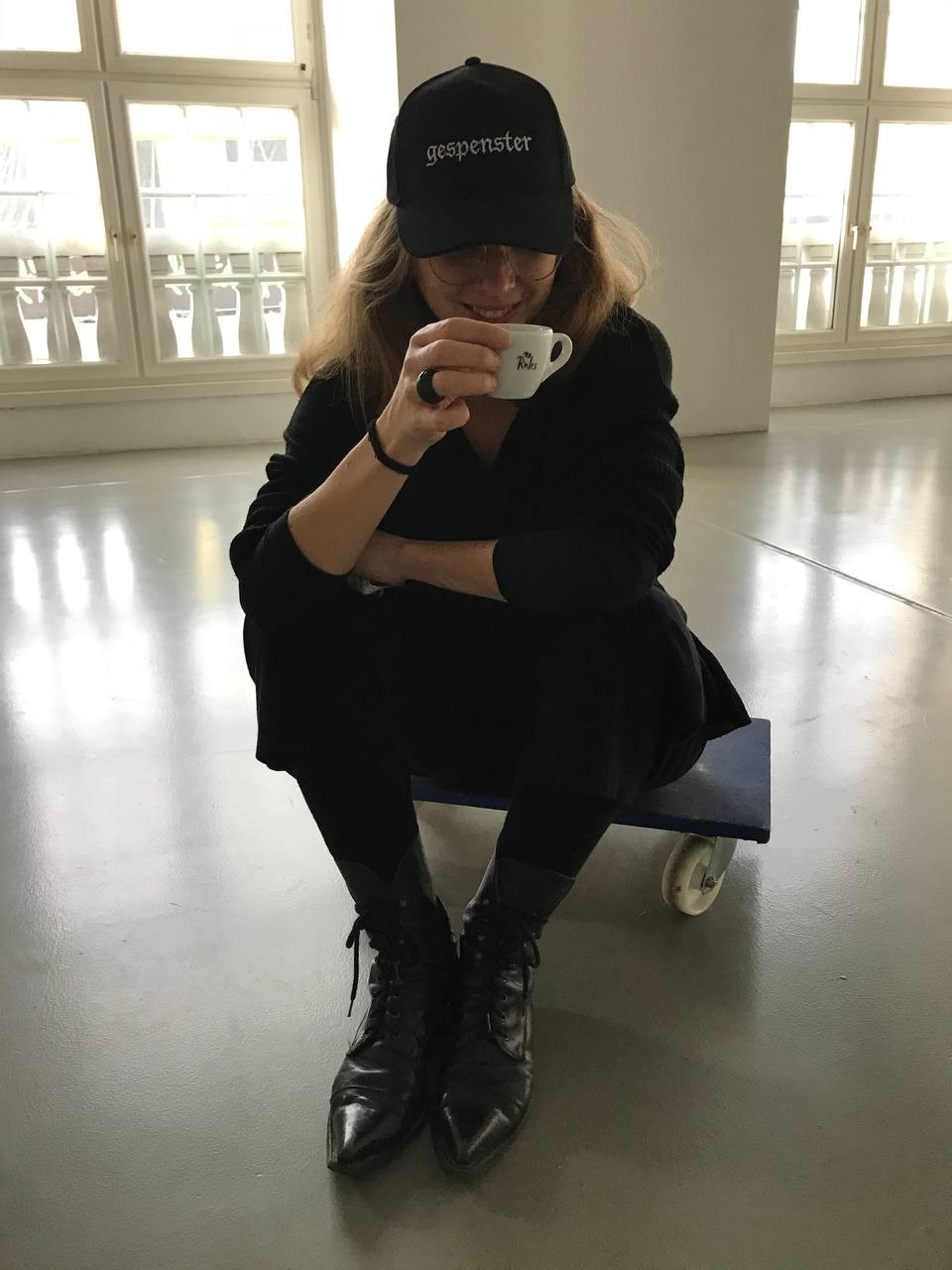
Prof. Cecilia Vallejos, Professorship for Multidimensional Strategies in Art
The focal point of Cecilia Vallejos’s work is the conceptual understanding of artistic production. With a background in theater studies and cultural analysis, she examines the methods and conceptual frameworks of established art forms such as the collaboration of artists with marginalized social groups or minorities. It is central to her interdisciplinary approach to observe criteria that determine the production and circulation of artworks, both in institutional and non-institutional contexts — further information
Dr. Ute Famulla, Research Associate, Department of Art History and Aesthetics (20th/21st centuries)
With her dissertation “Konstruierte Räume – Das Neue Ausstellen und seine Fotografien” (2018) Ute Famulla expounds on the efforts of the Neues Bauen movement to develop a democratic type of exhibition. Her research interests include not only the development of the medium of the exhibition, but also and especially how this is represented in print media and in particular in photography — further information
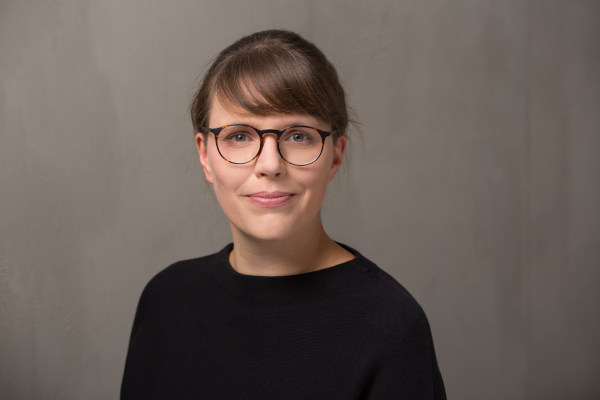
Prof. Dr. Kai-Uwe Hemken, Professorship for Art History and Aesthetics (20th/21st centuries)
Kai-Uwe Hemken’s research and teaching focuses on the art of the classical avant-garde, on contemporary art, and on the theory and practice of curating. Furthermore, he often still curates at German and international museums. As part of projects and conferences such as “Kritische Szenografie. Die Kunstausstellung im 21. Jahrhundert” (VW Foundation) he regularly contributes to investigating curating in the past and present — further information
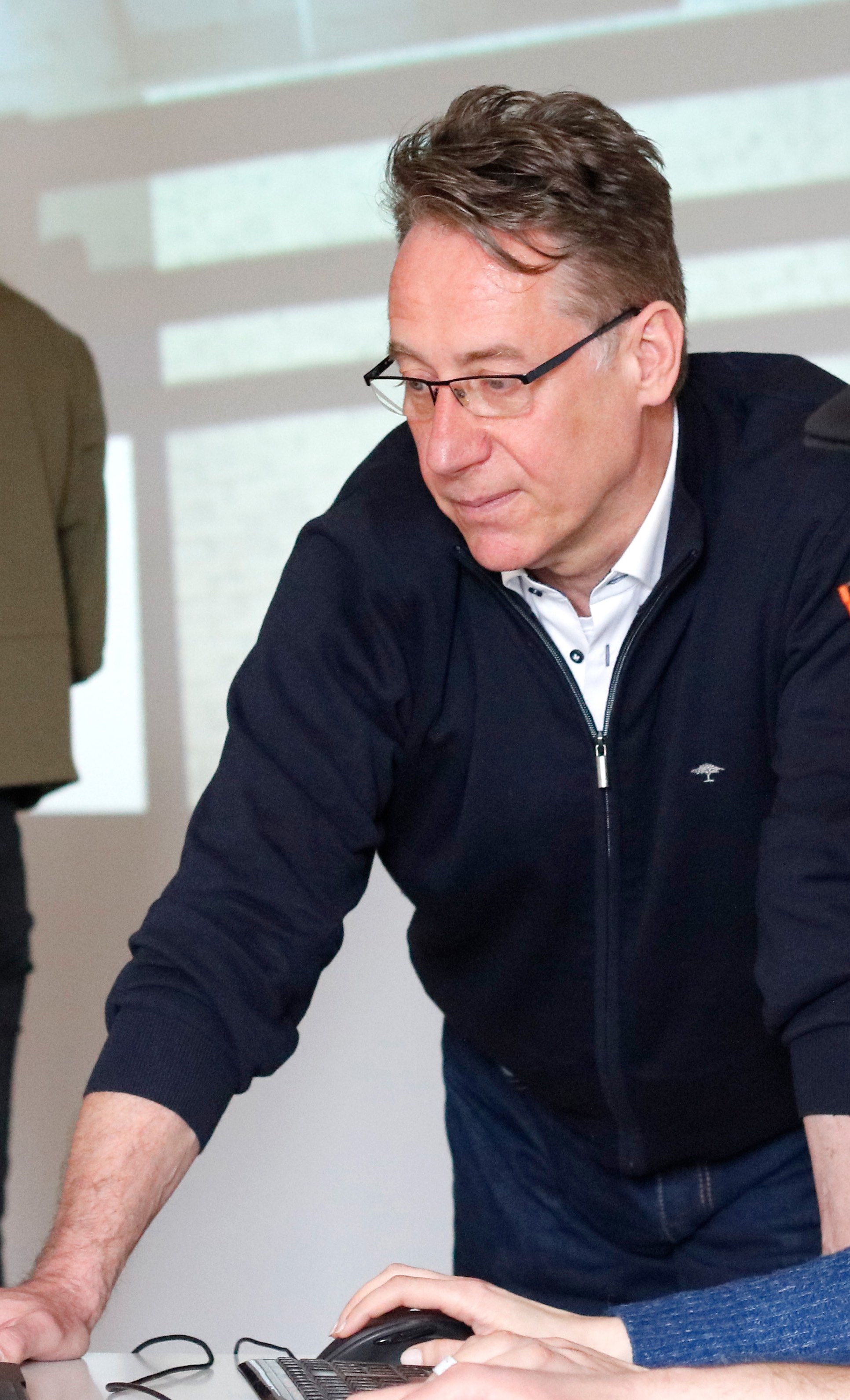
Prof. Dr. Alexis Joachimides, Professorship for Art History of the Modern Period
One of Alexis Joachimides’s research topics focuses significantly on the history of museum exhibition practice and the formative phase of the institutional dispositif from the 18th century until the post-war period. Using the example of the art museum, he examines the interaction between non-verbal communication and exhibition presentation and its explicit program, or between the intention and reception of exhibition displays in the discursive context of their time of origin — further information
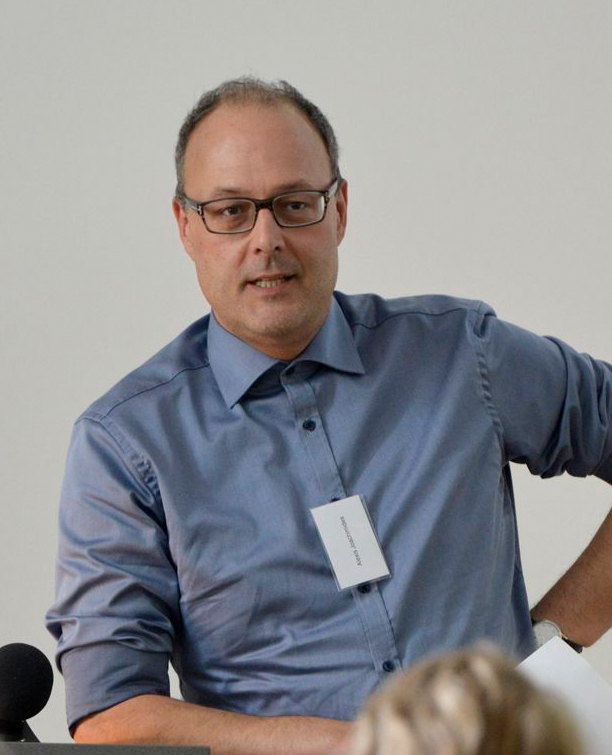
Carolin Oetterer M.A., Research Associate, Department Art History of the Modern Period
Carolin Oetterer writes her dissertation on “Museumsarchitektur. Symbiose von Kunst und Architektur. Die Bauaufgabe des Kunstmuseums in der Gegenwart.” Based on her many years of examining international modern and contemporary museum architecture and a comparison of the architects Volker Staab, Renzo Piano, and Frank O. Gehry, she proposes an understanding of the task of constructing museums in our time that includes museum exhibition design — further information
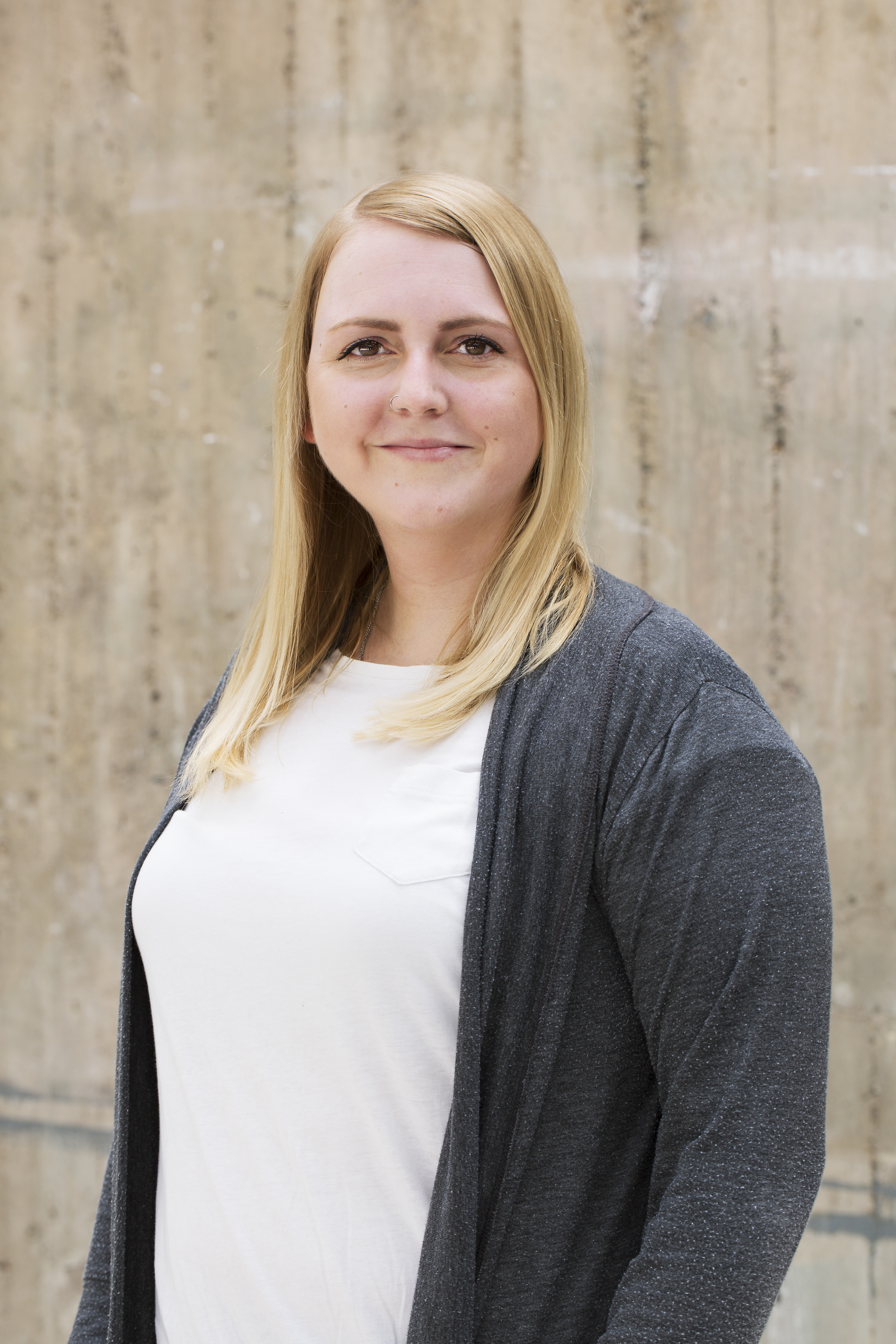
Prof. Dr. Susanne Ritzmann, Professorship for Sustainable Product Design and Development
Susanne Ritzmann is a design researcher and SDG professor at the Kassel Institute for Sustainability. Her research and teaching focus on rituals of disappearance, the phenomenon of waste in art, design and biology, and the generation of knowledge through design practices. She empirically investigated the typologies of public stagings of waste and bulky waste in her dissertation "Wegwerfen | Entwerfen" (2017). Furthermore, she works on questions of sustainability of exhibitions and in the field of tension between valuable (art) and worthless (garbage). – further information
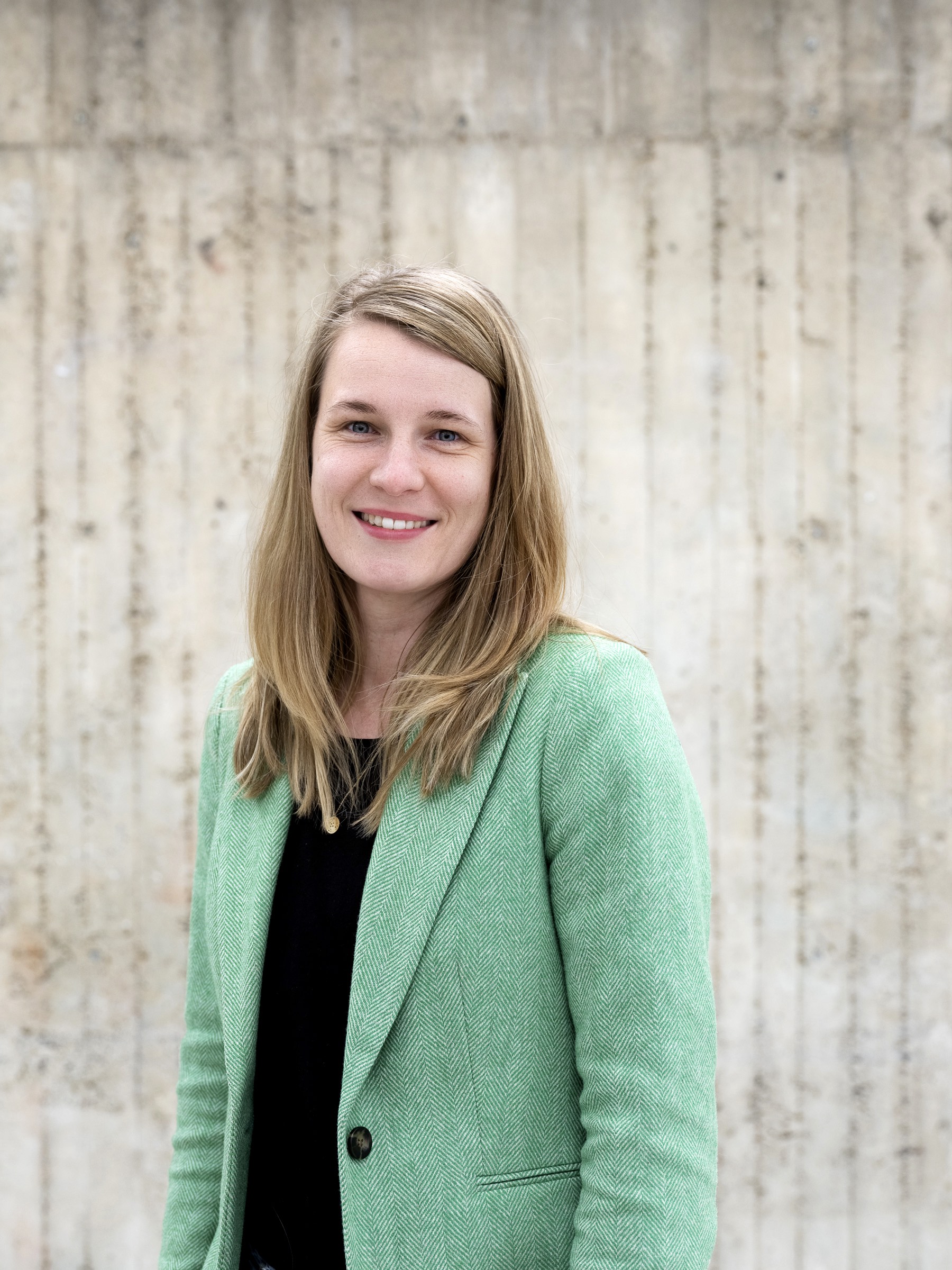
Prof. Dr. Martina Sitt, Professorship for Art History
Before assuming her professorship, Martina Sitt spent around twenty years working at various museums on numerous exhibition both in Germany and internationally (Rome, Salzburg, Trento, New York, Haarlem, etc.). In dual projects since then, she combines the theory and practice of exhibitions in her research and teaching. A central part of this work is also cooperating with other departments such as German Studies or Theology in order to add a reflexive element to each exhibition — further information
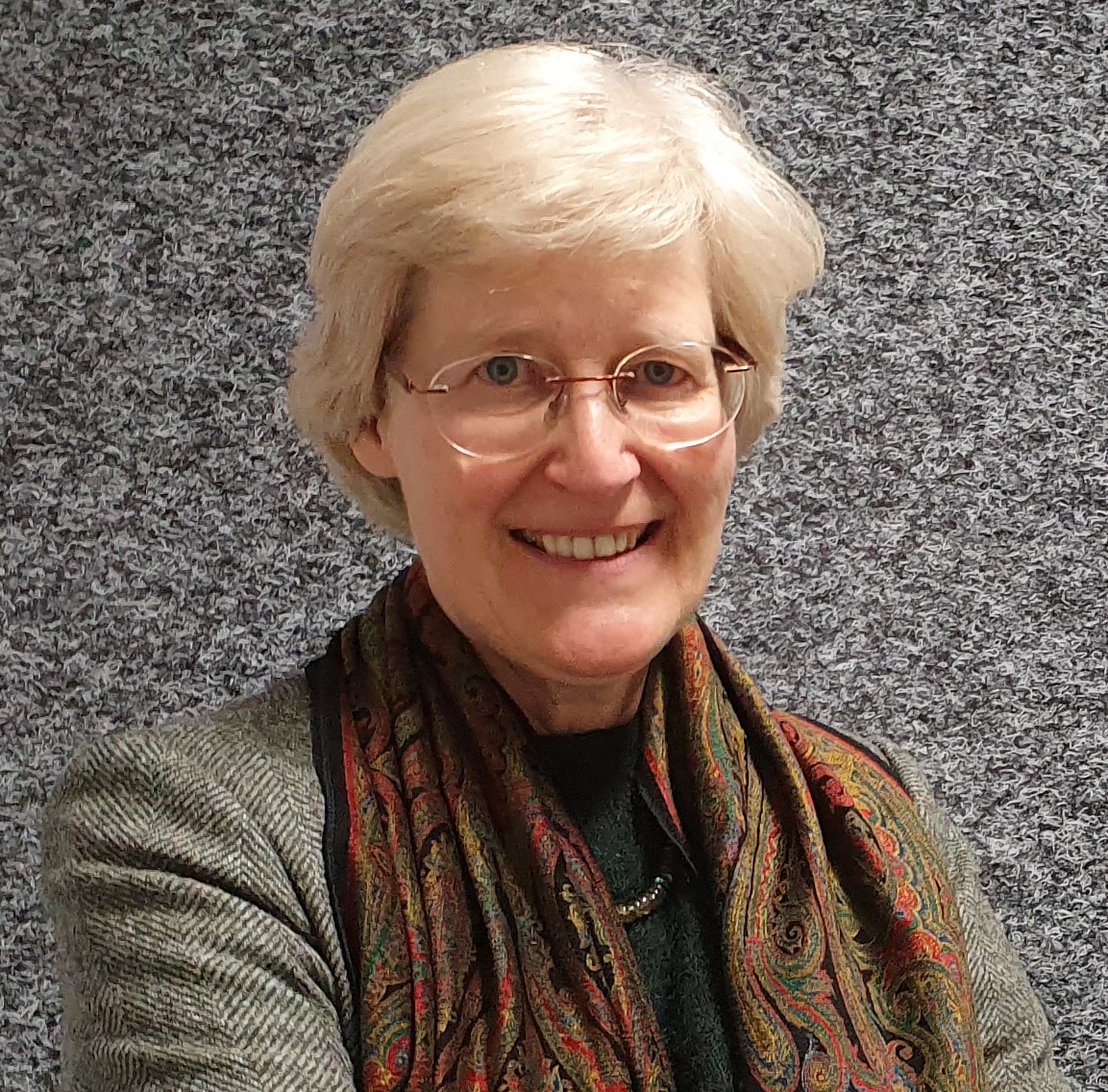
Prof. Dierk Schmidt, Professorship for Painting
Dierk Schmidt practices a contextual notion of painting that places great emphasis on research into the historical and in particular into the “factual” space. For instance, one recent series of his paintings, “Broken Windows 6.3,” uses the example of the museum vitrine to treat the axes of gaze and discourse in (post)colonial argumentation, as well as their power of appropriation and formulas of conflicting claims of possession with regard to objects in ethnological collections — further information
Johanna Wurz M.A., Research Associate, Art History of the Modern Period
Johanna Wurz writes a dissertation in the area of historical exhibition research, with a special focus on museum history, museum theory, and exhibition practice in the 1960s and ‘70s. Starting from an analysis of publications about the ‘museum crisis’ of the time and progressive approaches in exhibition design, her doctoral thesis “Die Kunstausstellung als kritische Zukunftswerkstatt?” attempts to work out a typology of the art museum for the period in question — further information
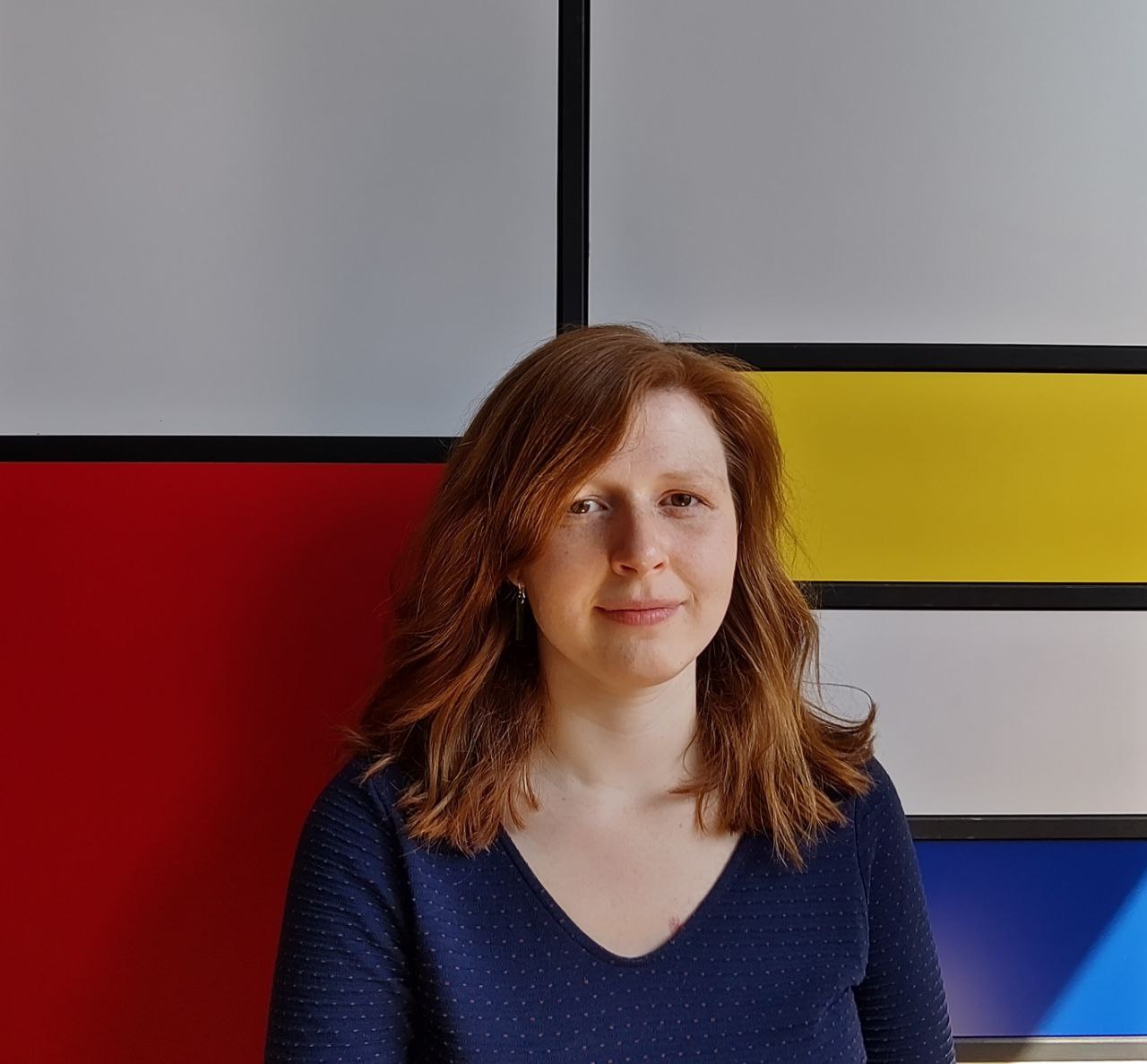
School of Architecture, Urban Planning and Landscape Architecture
Prof. Dr.-Ing. Uwe Altrock, Professorship for Urban Regeneration and Planning Theory
In his teaching and research, Uwe Altrock deals with the changed forms of the performative use of space such as temporal usages or interventions and their significance in the framework of planning participation and empowerment. Above all he examines the changes in the self-conception of planning and the possibilities to increase co-productive approaches to space production — further information
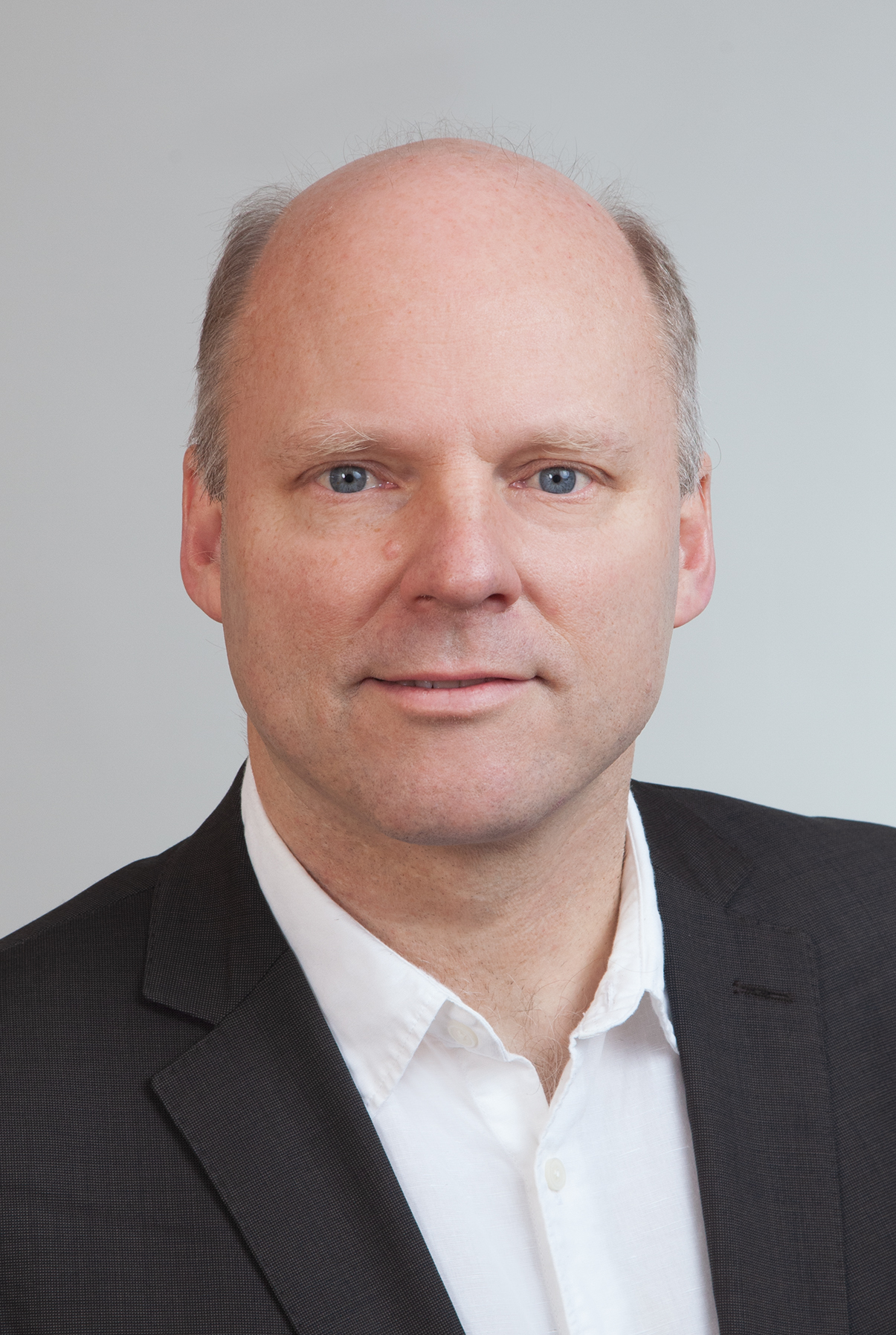
Harun Faizi M.Sc., Research Associate, Department Design and Building Theory
Harun Faizi uses his long-term interest in 3D simulations to integrate methods of digitally experiencing architecture between the weightlessness, the continuous zooming in, and the immersive quality of three-dimensional models into his teaching and research. Research linked to the project “Virtual Reality in Teaching Architecture,” also as part of his dissertation, is currently in preparation — further information
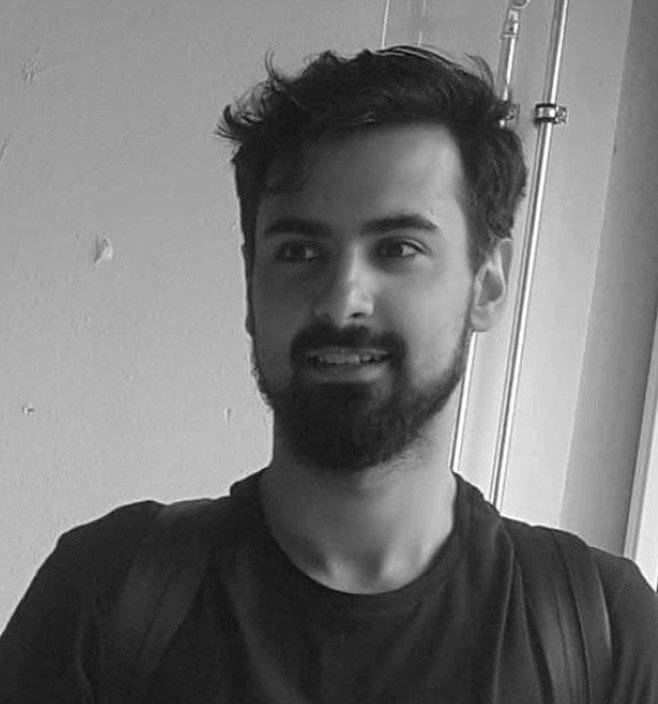
Prof. Mag. Arch. Marie-Therese Harnoncourt-Fuchs, Professorship for Design and Building Theory
Marie-Therese Harnoncourt-Fuchs is an architect. Starting from the performative potential of architecture, the interplay of space, atmosphere, context, and users, she deliberately conceives programmatic and spatial boundaries in her buildings and concepts as permeable. As part of her teaching and researching, for instance, she examines the performative potentials of exhibiting and presenting contents in virtual space — further information or https://www.tne.space
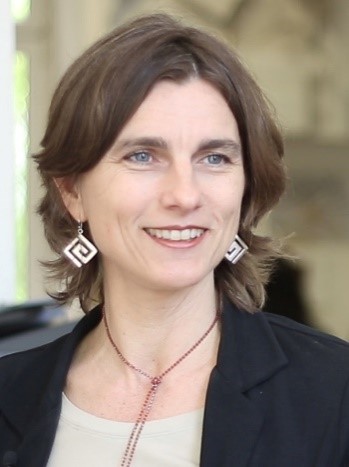
Prof. Dr. Gab Heidl, Professorship in Building Economy and Project Development | “Architecture City Economics”
Gabu Heindl is Professor and Head of the Department of Building Economy and Project Development | “Architecture City Economics” at the University of Kassel since Fall 2022. Her office GABU Heindl Architektur focuses on public space, public buildings, affordable housing as well as collaborations in the fields of history politics, exhibition architecture and independent critical artistic practice. Heindl has realized numerous exhibition designs, including at the Jewish Museum Vienna, FMH Women's Museum Hittisau, the Wienbibliothek im Rathaus, Vienna City Library and the House of Austrian History — further information

Dipl. Des. Samuel Korn, Research Associate, Department Architectural Theory and Design
Samuel Korn’s research focus lies at the intersection of exhibition studies and the history and theory of architecture. He examines exhibiting outside of designated presentation spaces and the relationships that this creates between exhibitions, the build environment, and society. In addition he is interested in architectural exhibitions that conceive of the format as a tool of architectural reflection beyond its potential to simply showcase architectural projects — further information
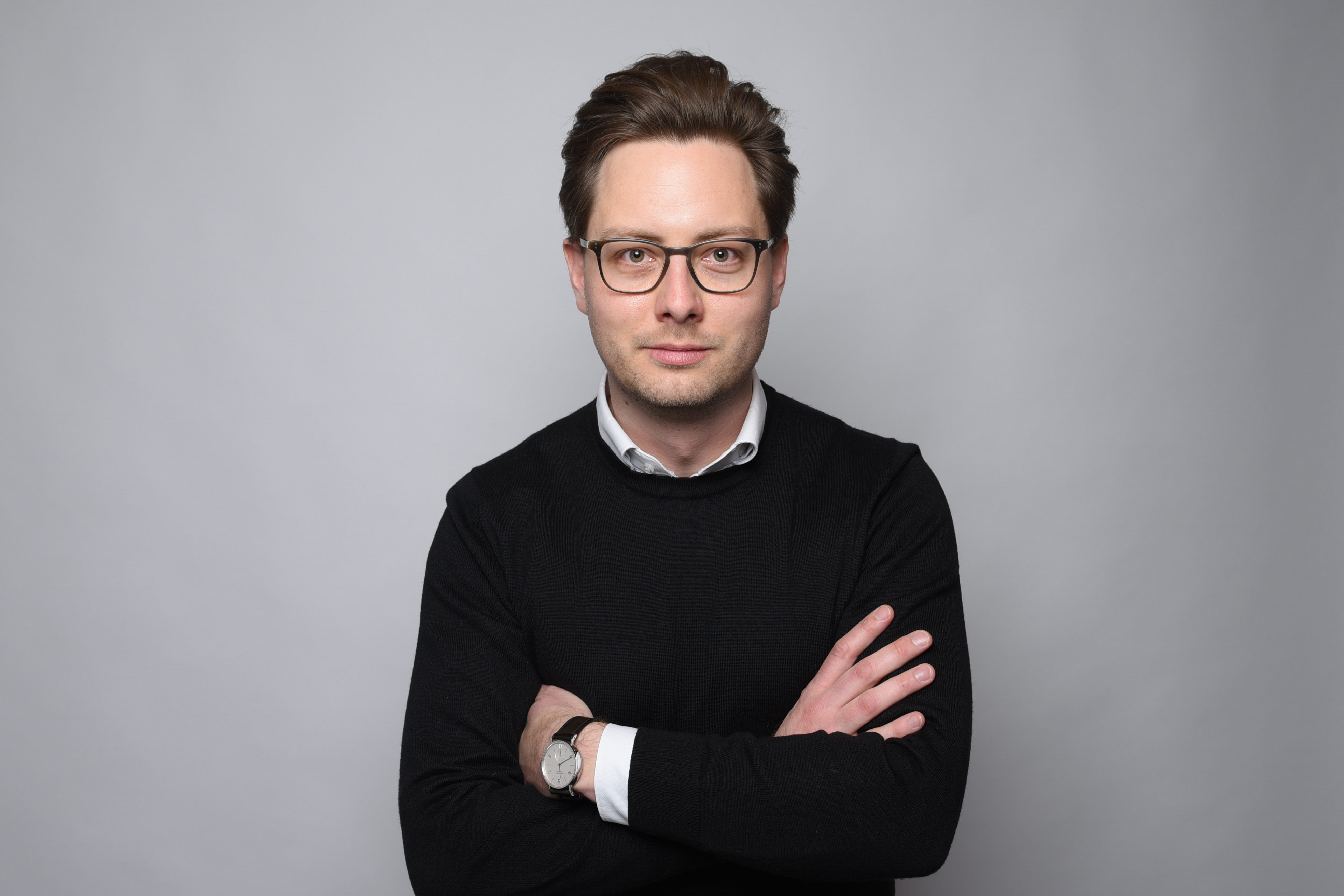
Prof. Philipp Oswalt, Professorship for Architectural Theory and Design
Philipp Oswalt is an architect, curator, and journalist. As part of his activist practice he often intervenes in current social debates and contemporary discourses with exhibitions, structural installations, and occasionally also performatively. One focal point of his work is in the critical examination of cultural legacy, commemorative culture, and German images of history, whether in reconstruction architecture, National Socialist Memorials, or artifacts of classical and post-war modernity — further information
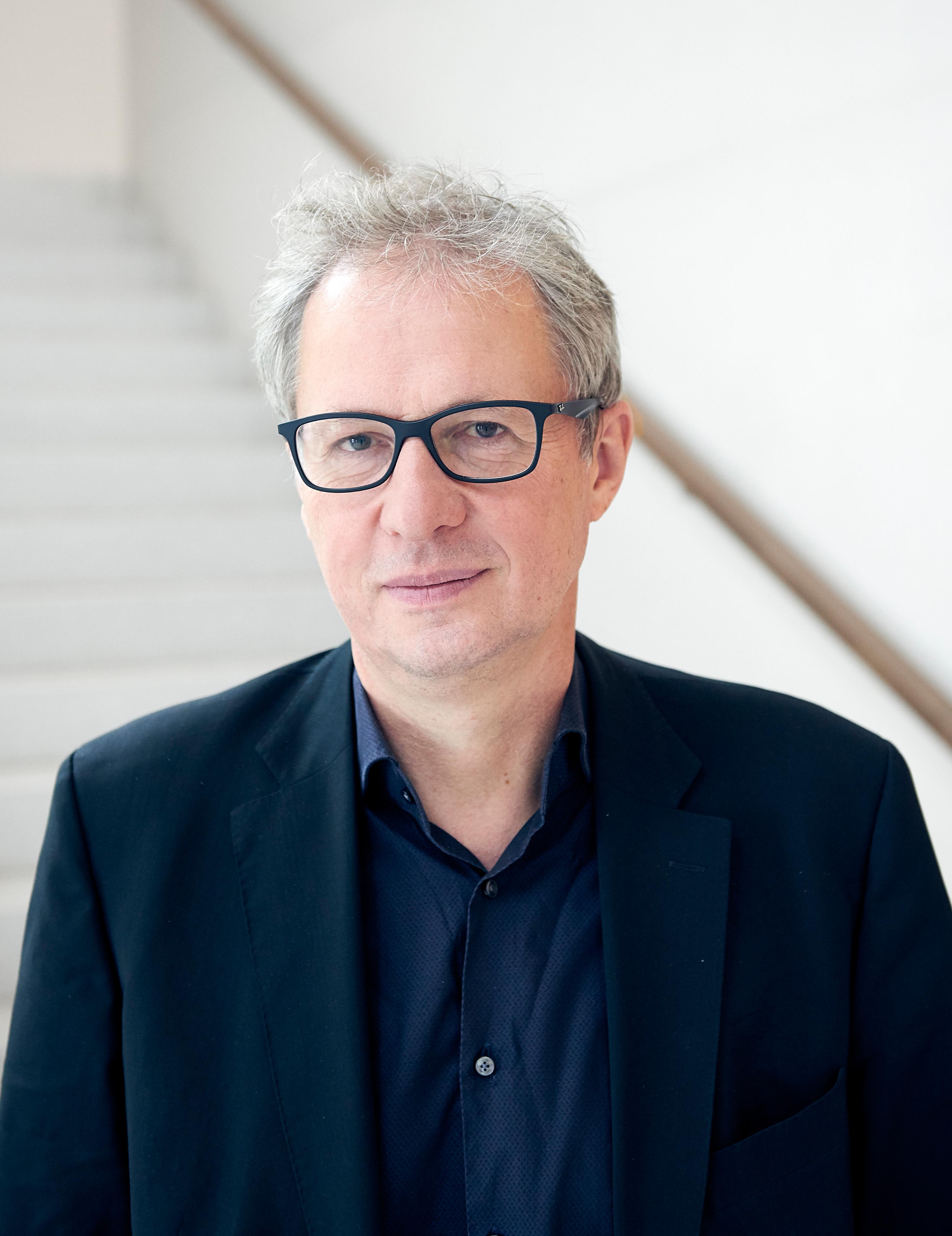
Linda Schiel, M.A., Research Associate, Department “Art and Knowledge”
Linda Schiel’s research focus in the area of the history of ideas, institutions, and architecture in museums and exhibitions is reflected in her dissertation project, which examines the convergence of museum and church buildings since the 1980s — further information
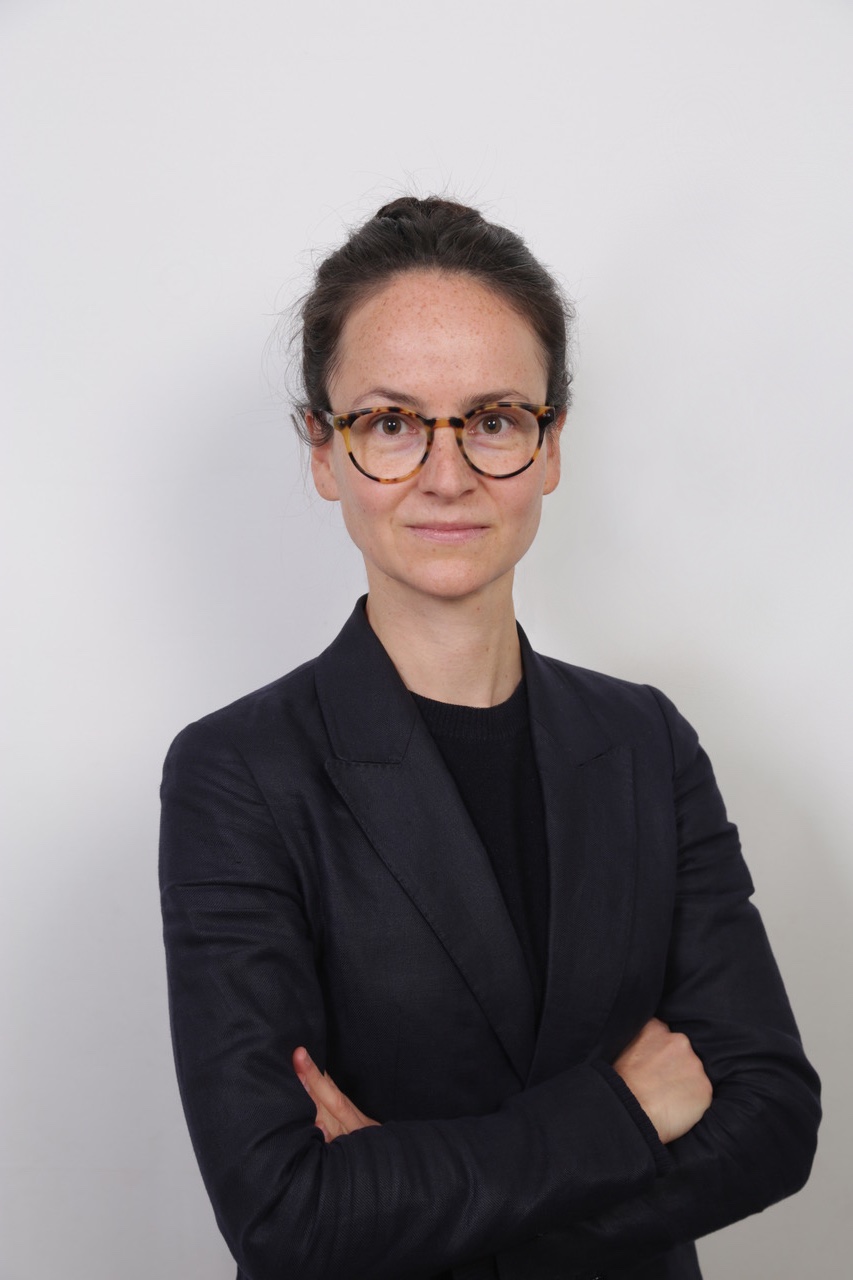
Dr. Alexander Stumm, Research Associate, Department Architectural Theory and Design
The thematic focal points in Alexander Stumm’s research are extractivism, relations of production, and postcolonial theory of architecture in the Anthropocene. Furthermore, he uses historical perspectives to examine approaches to ecological architecture: circular building/continued building of existing structures, building with natural construction materials, energy efficient building, post-anthropocentric building — further information
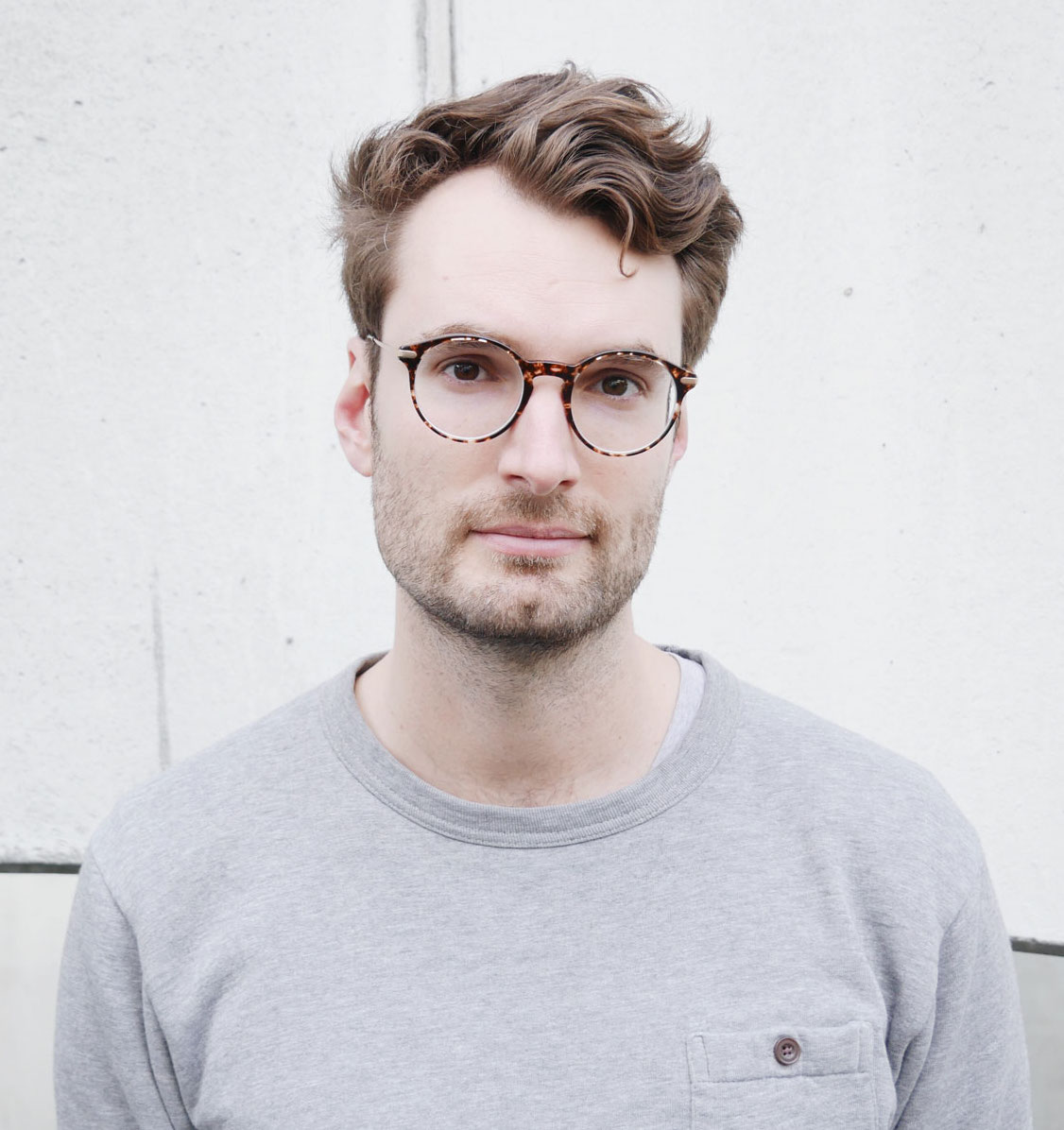
Prof. Dr. Felix Vogel, Professorship “Art and Knowledge”
Felix Vogel works on the history and theory of exhibitions, in conceptual and contemporary art as well as art as a whole. He is particularly interested in aspects that often appear to be incidental, but are significantly involved in how art is made to appear. This concerns the infrastructures of exhibitions (from displays to logistics and art handling to contracts) and the “curatorial discourse” about making exhibitions — further information
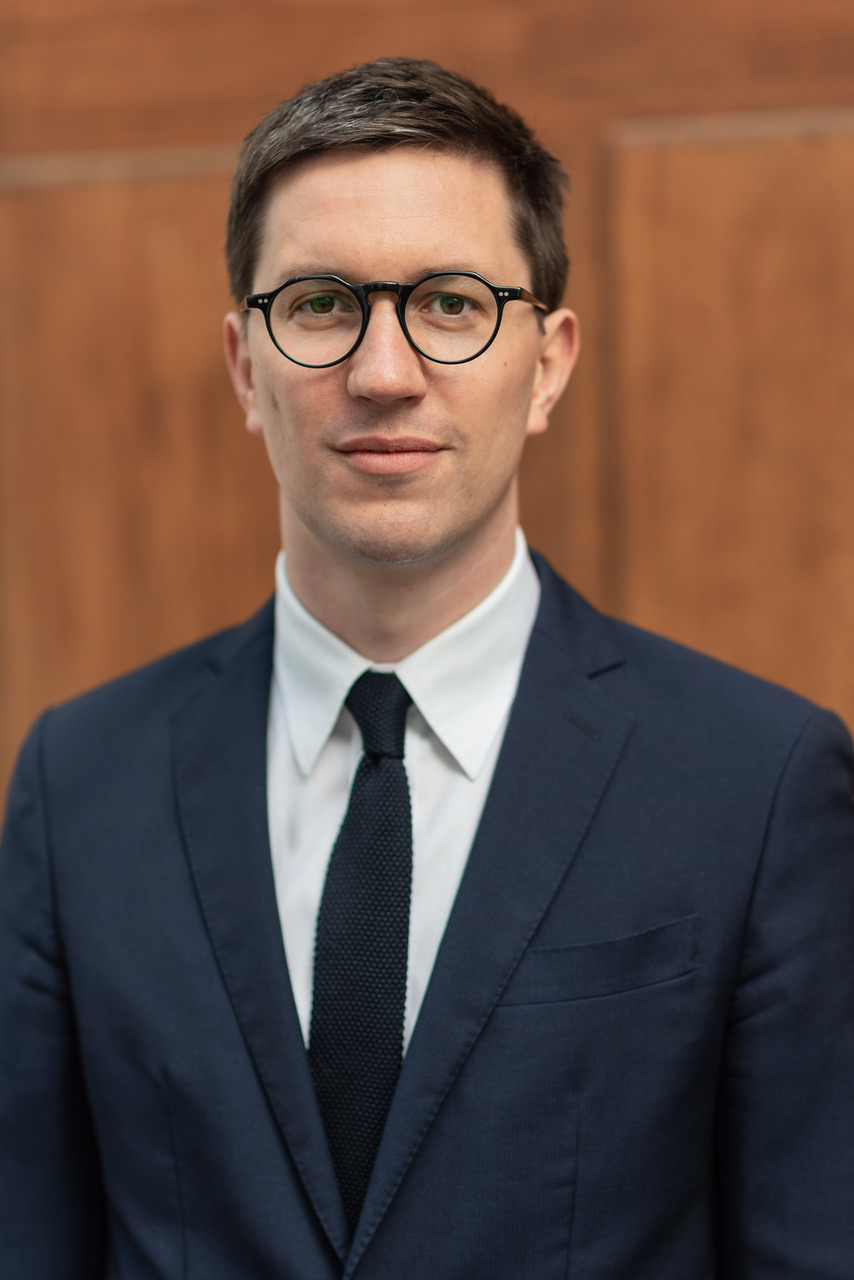
Claire Zimmermann M.A., Research Associate, Department “Art and Knowledge”
In her research project Claire Zimmermann focuses on artistic positions and exhibitions that take an interest in the interactive conditions of technological change and capitalist structures. She examines how their aesthetic dimensions can be theorized and critiqued on the basis of their history, finally to pose the question of what the task of contemporary art might end up being in this interplay — further information
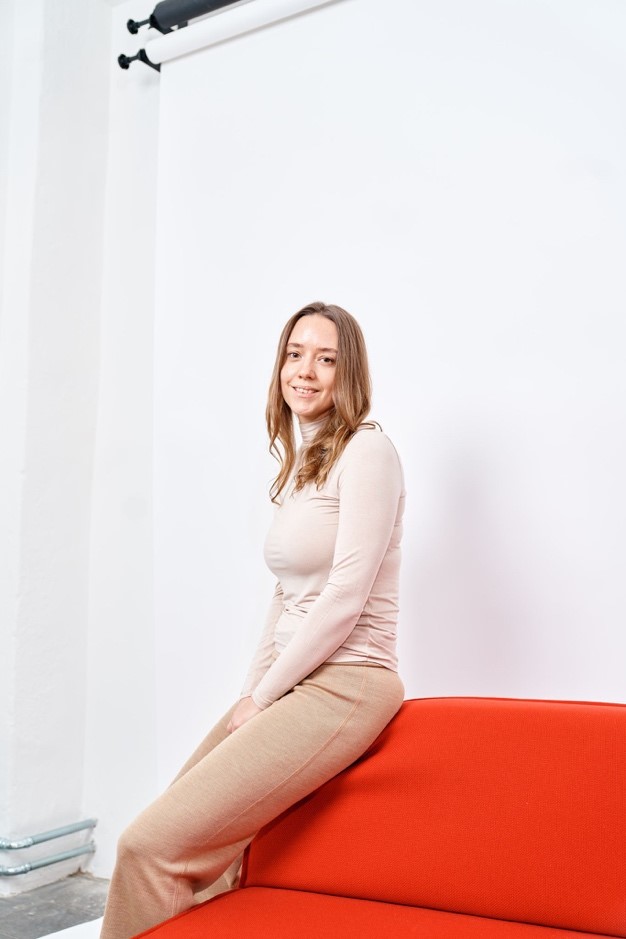
Faculty of Humanities and Cultural Studies
Dr. Charlotte Bank, Research Associate, Department “Art and Society”
Charlotte Bank is a culture and art historian and an independent curator. She received her doctorate from the University of Geneva in 2017 with a dissertation on the contemporary art scene in Syria. In her research and curatorial work she deals with the modern and contemporary art of the MENASA region (Middle East, North Africa, South Asia) and its representation within the global art world — further information

Luisa E. Bauer M.A., Research Associate, Department “Art and Society”
Luisa E. Bauer has been a research associate in the Department of Art and Society at the University of Kassel and the documenta Institute since October 2023. She studied Philosophy and Sociology at the University of Mainz and Universidad de Granada in Spain (B.A.) and Media Culture and Art Theories at the University of Art and Design Linz (M.A.) in Austria. After a research stay in Peru in 2022, she completed her studies in 2023 with a thesis on the museum history of Germany and Peru titled "Museos de la Memoria: On the promotion of museums of memory culture by German institutions in Peru" — further information
Photo: Gleisdreieck Collective
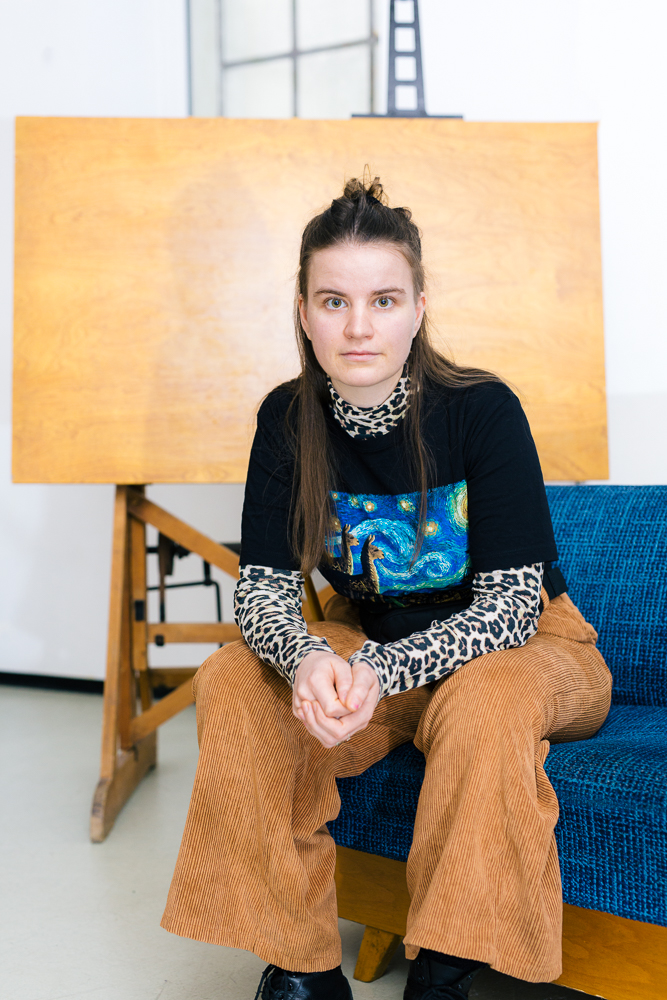
Tamara Bodden M.A., Doctoral candidate, Department Linguistics/Language History
Tamara Bodden is doing her doctorate in German linguistics with Prof. Dr. Andreas Gardt on the “Discourse about the Public Financing of the Cultural Industry through the Example of documenta 14.” This corpus-linguistic work treats the ‘finance scandal’ of the Kassel exhibition as it was presented in the media and discusses the agonal conjunction of the domains of economy and art, documented through qualities of language — further information
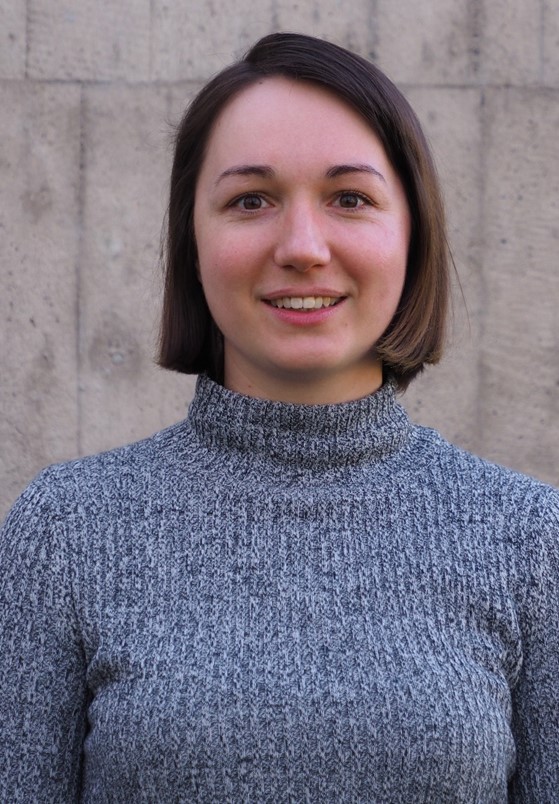
Mateo Chacón Pino M.A., Research Associate, Department “Art and Society”
Mateo Chacón Pino does research on the epistemological challenges to art history prompted by the convergence of multiple temporalities of natural and human history in the Anthropocene. This project is also a quest for the aesthetic forms of political consciousness about the dimensions of planetary time and their mediation — further information
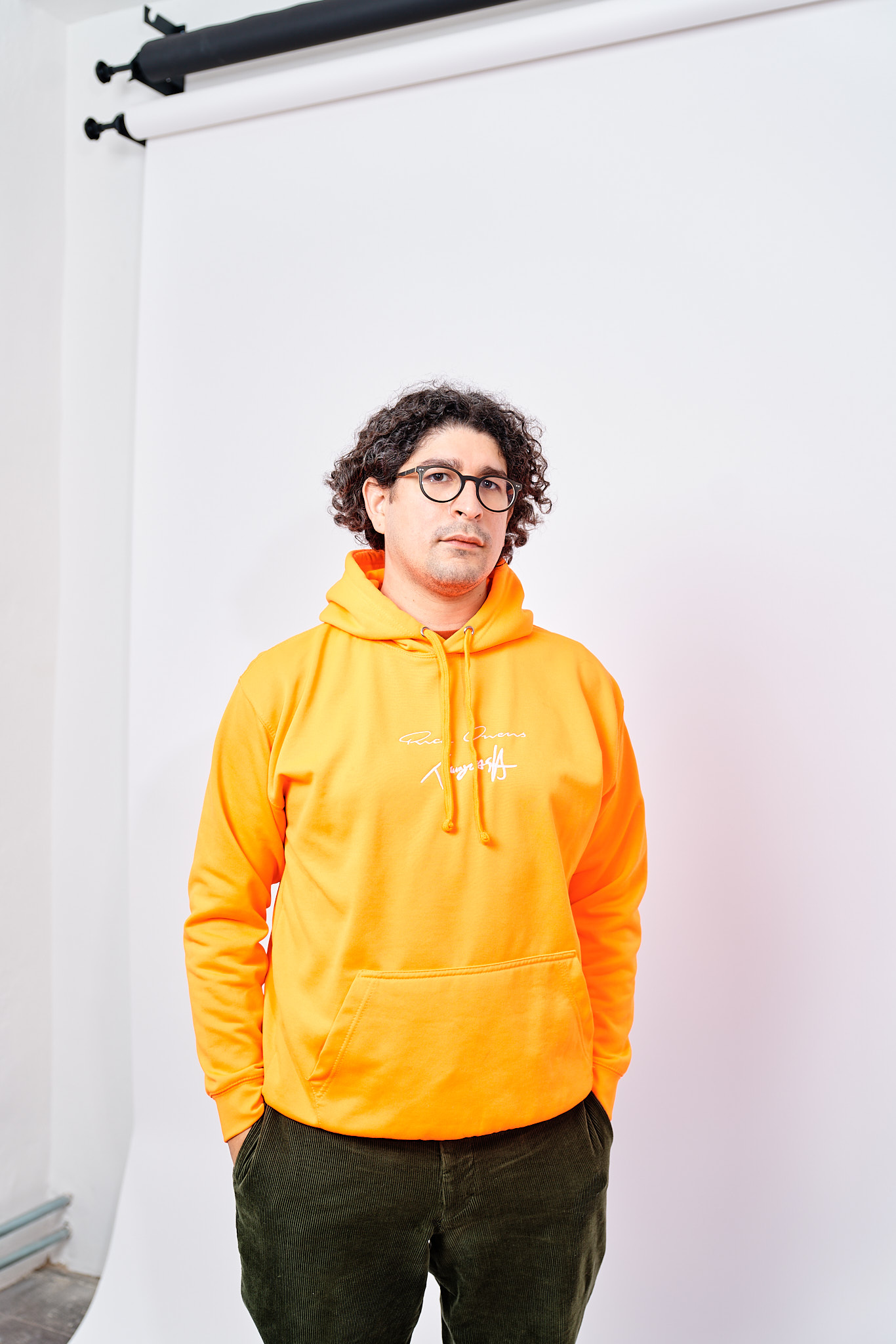
Prof. Dr. Andreas Gardt, Professorship for Linguistics/Language History
Andreas Gardt works on the theory and practice of text and discourse analysis. In his art-related research at his department, the communicative processes in and around the documenta are considered, the emergence and intellectual shaping of the exhibition in a complex discourse. The linguistic supporting research on the documenta began with documenta 12 and will also include the current documenta fifteen — further information
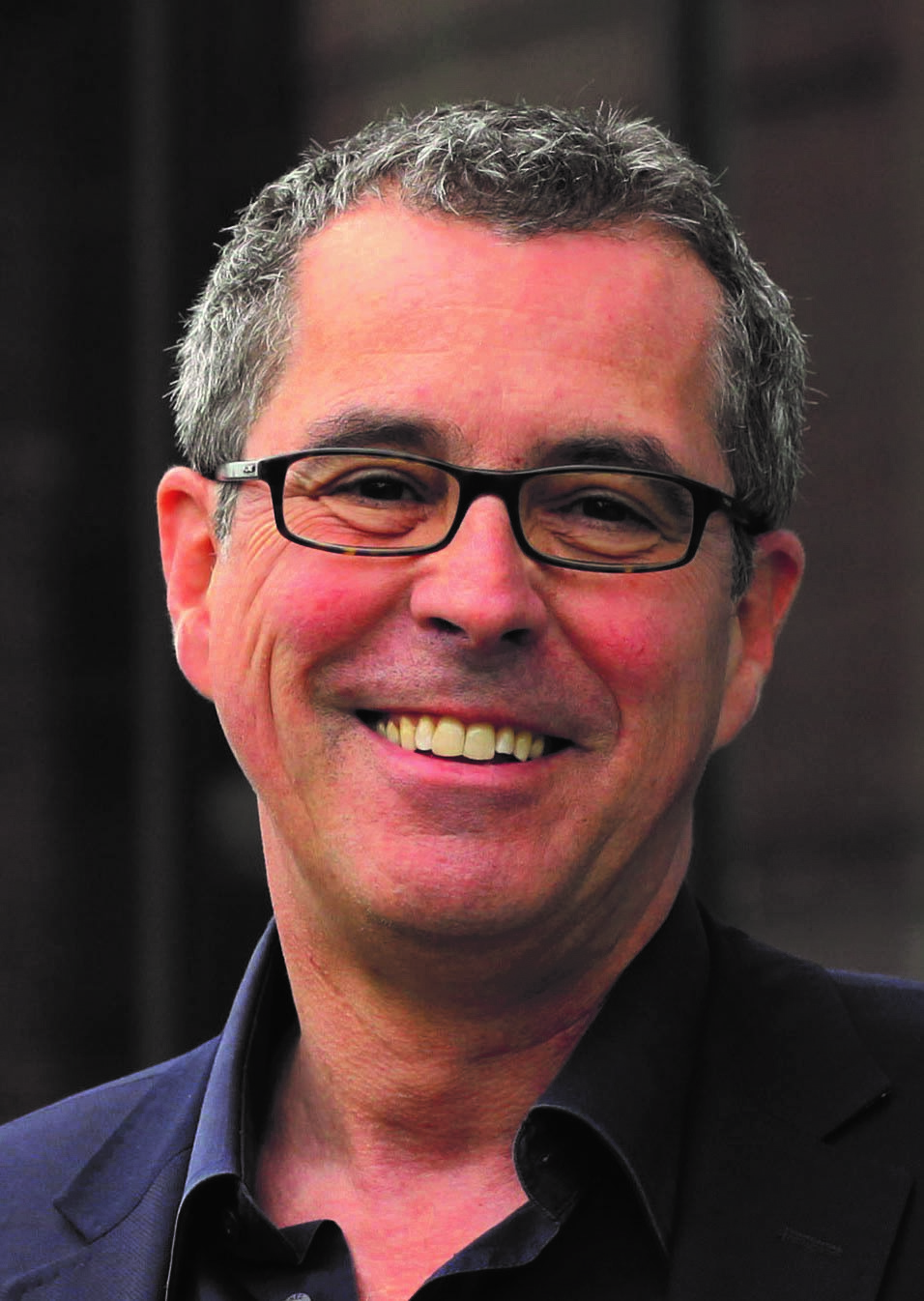
Prof. Dr. Liliana Gómez, Professorship “Art and Society”
Liliana Gómez does interdisciplinary research on the media history and theory of the literature and art of modernity and the present as well as on exhibitions as forms of social practice. She traces the interrelations between the visual arts, archives, and their institutional interdependencies, discourses, and narratives of human rights. Since 2017 she has been director of the SNSF research project “Contested Amnesia and Dissonant Narratives in the Global South” — further information
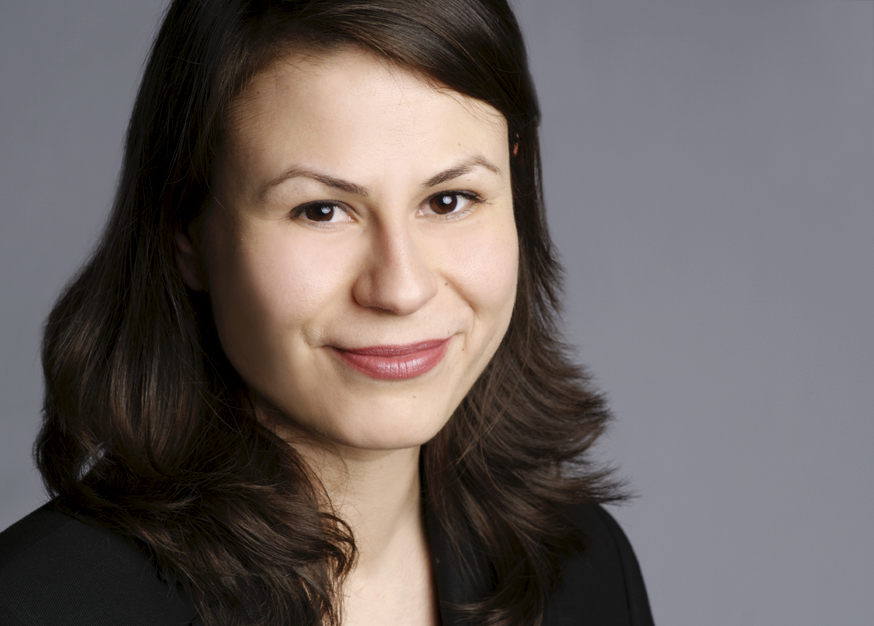
Hannah Grimmer M.A., Research Associate, Department “Art and Society”
Hannah Katalin Grimmer is a cultural scholar and curator with a focus on memory studies and contemporary art from Latin America. She is pursuing a doctoral project on the role of art in the context of social movements through the example of Chile — further information
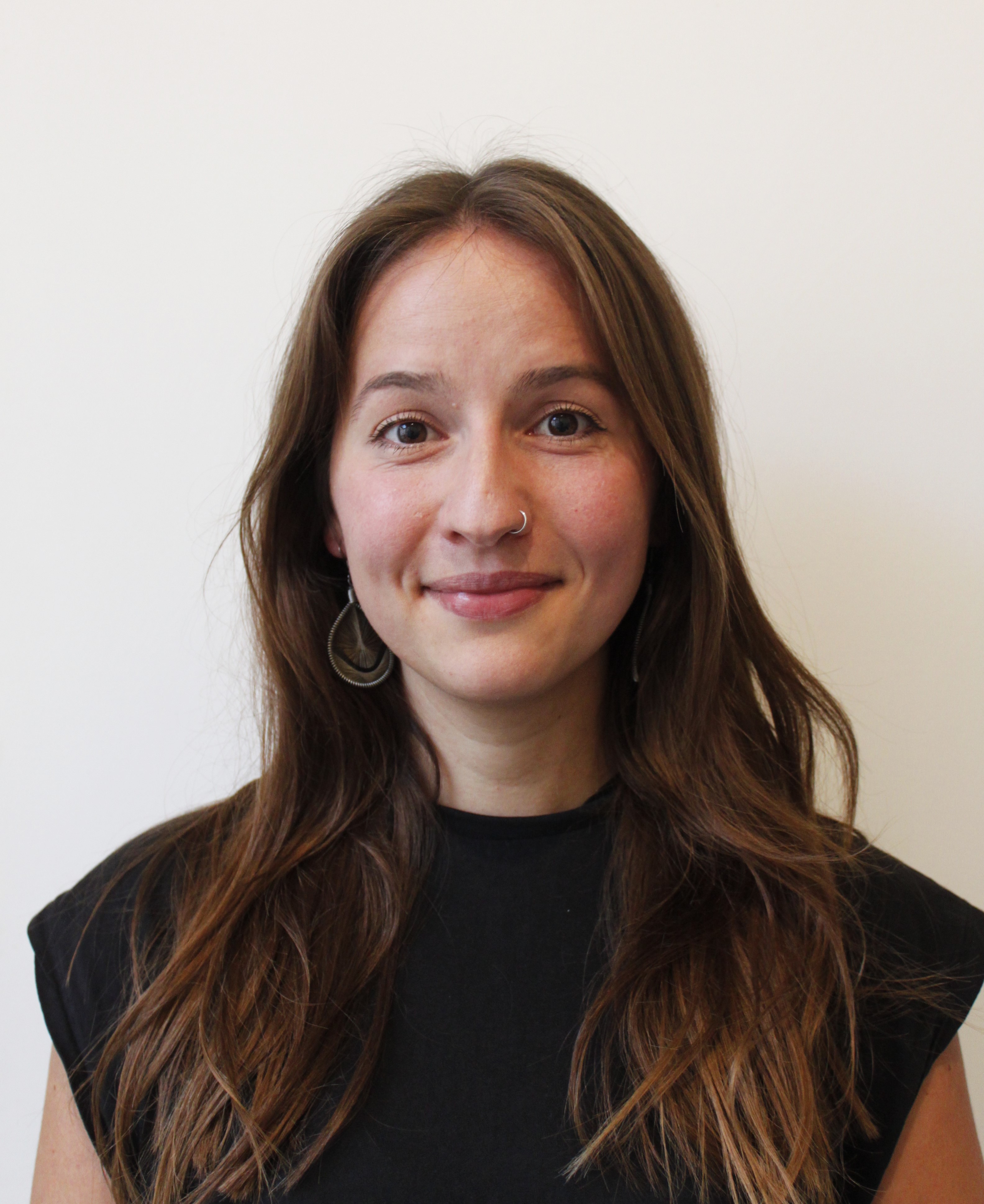
Prof. Dr. Stefanie Kreuzer, Professorship for Recent German Literary Studies/Media Studies
Stefanie Kreuzer works at the intersections of literature, film, and visual art. She is director of the Kassel Film and Media Archive as well as organizer of the Kassel Grimm Poetics Professorship and initiator of the accompanying film series in cooperation with the director Thomas Henke. Since 2007 she has organized continuous teaching events on trans/pluri/intermediality and narratives in the arts with reference to each current documenta — further information
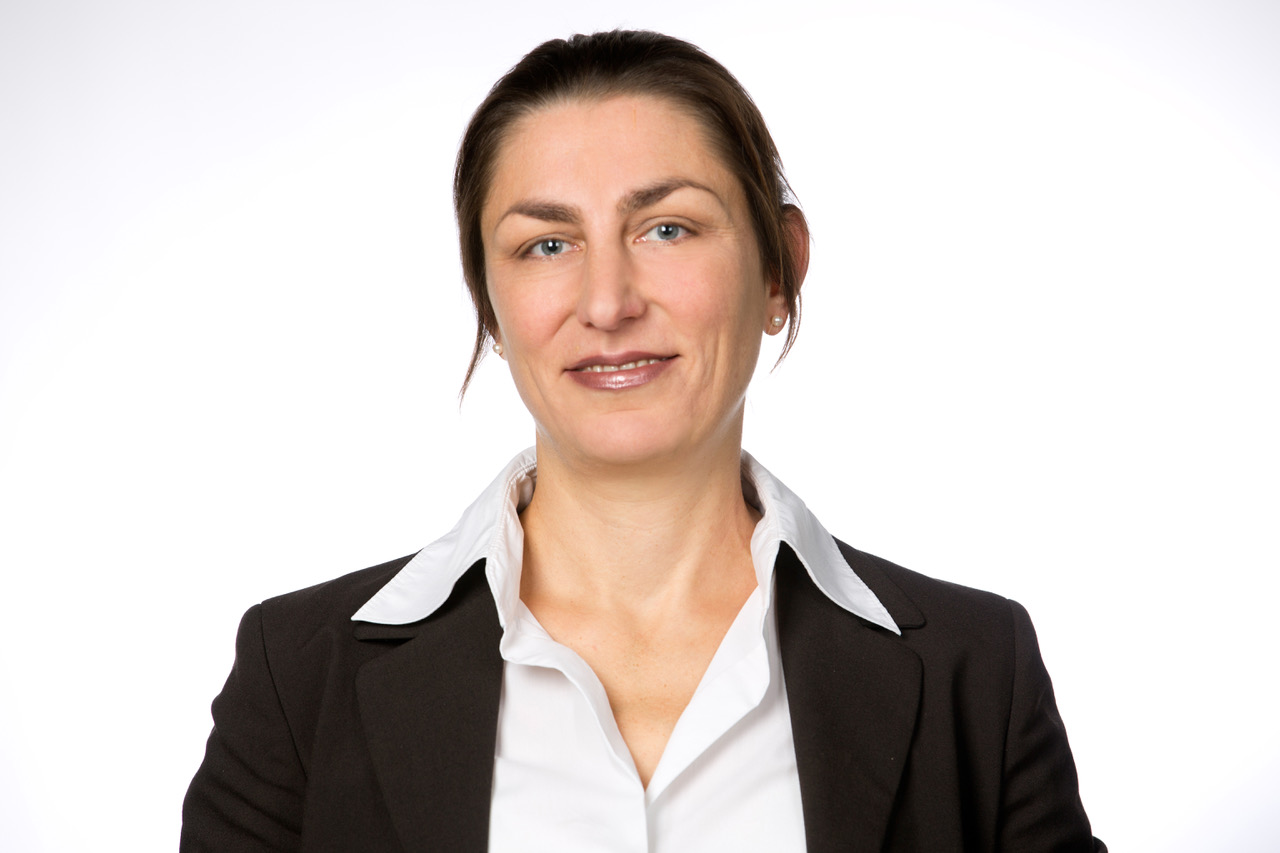
Dr. Paul Reszke, Research Associate, Department Linguistics/Language History
Paul Reszke teaches and researches from a linguistic perspective about communicative patterns in the social domains of art, in particular using the example of the documenta and its aspiration to involve a wider public. The research objects can be both of a historical nature (for instance, the debate about Beuys’s 7000 oak trees in 1982) as well as on the contemporary communication at the documenta fifteen — further information
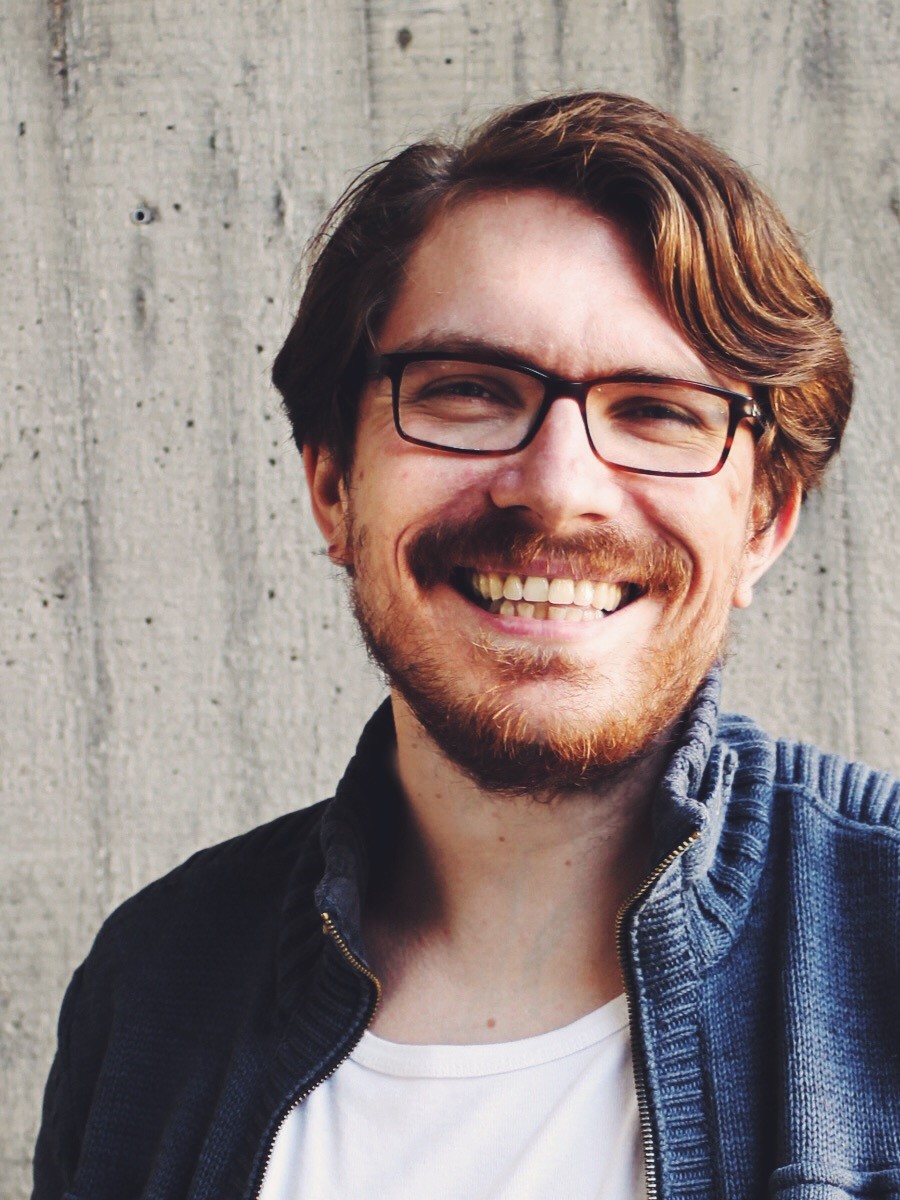
Christine Riess M.A., Research Associate, Department Linguistics/Language History
Christine Riess is doing her doctorate in German linguistics with Prof. Dr. Andreas Gardt on art communication. Using the working title “KunstSprech – Linguistic Examinations of the Accusation of Incomprehensibility in Art Texts” she analyzes art critics who have been accused of not being understandable (or not easily). She works on the linguistic patterns that underlie the texts — further information
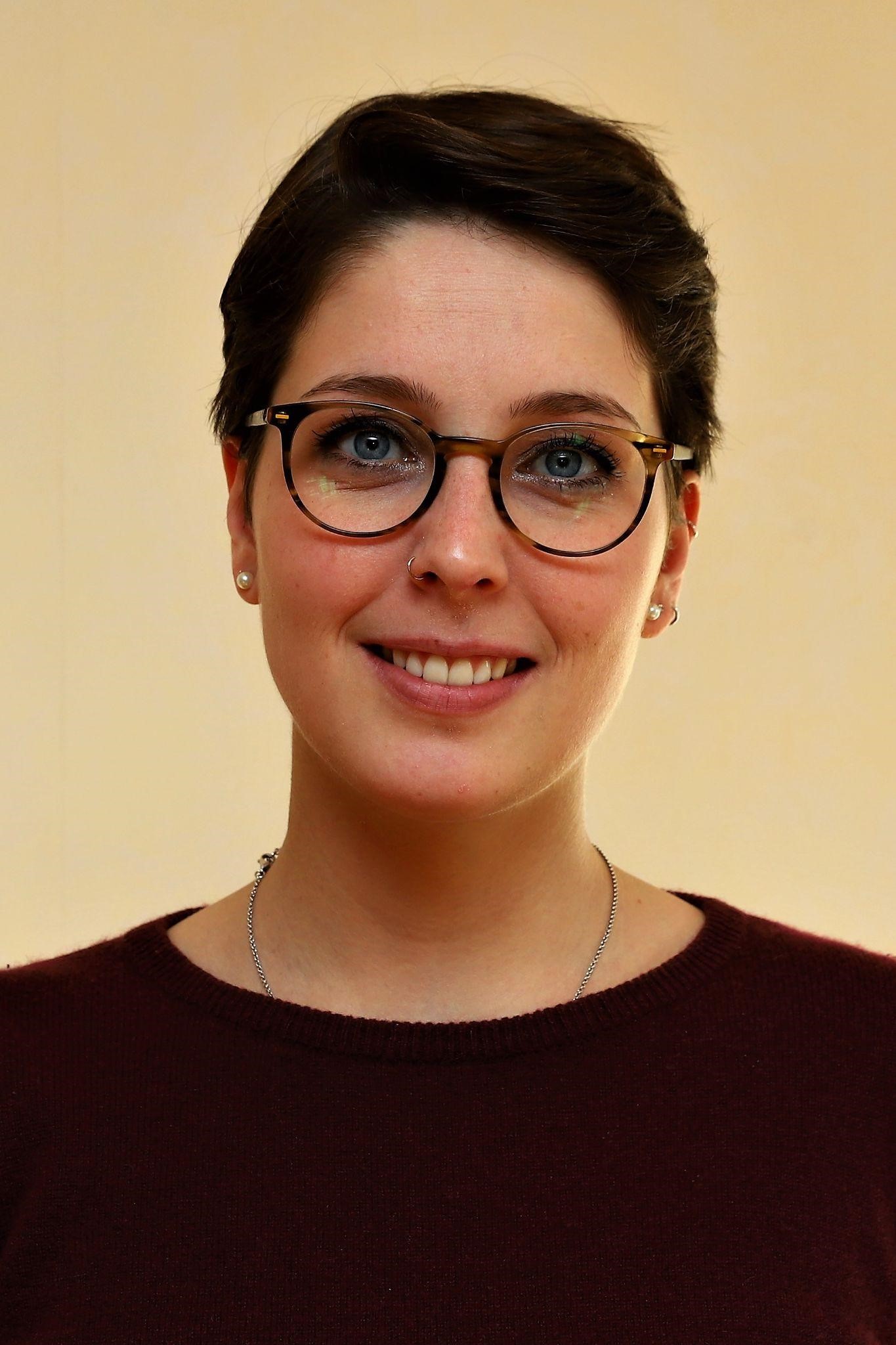
Faculty of Social Sciences
Prof. Dr. Heinz Bude, Professorship for Macrosociology
As a professor for macrosociology at the University of Kassel, Heinz Bude researches influential figures of the art world of the 20th century (Ernst Wilhelm Nay, Peter Ludwig, Werner Haftmann) as well as art as a form of “living together.” He serves on the board of directors at TRACES and is the founding director of the documenta Institut. His duties at the institute include shaping and concretizing the content-related programming as well as establishing the internal and external organizational structures — further information
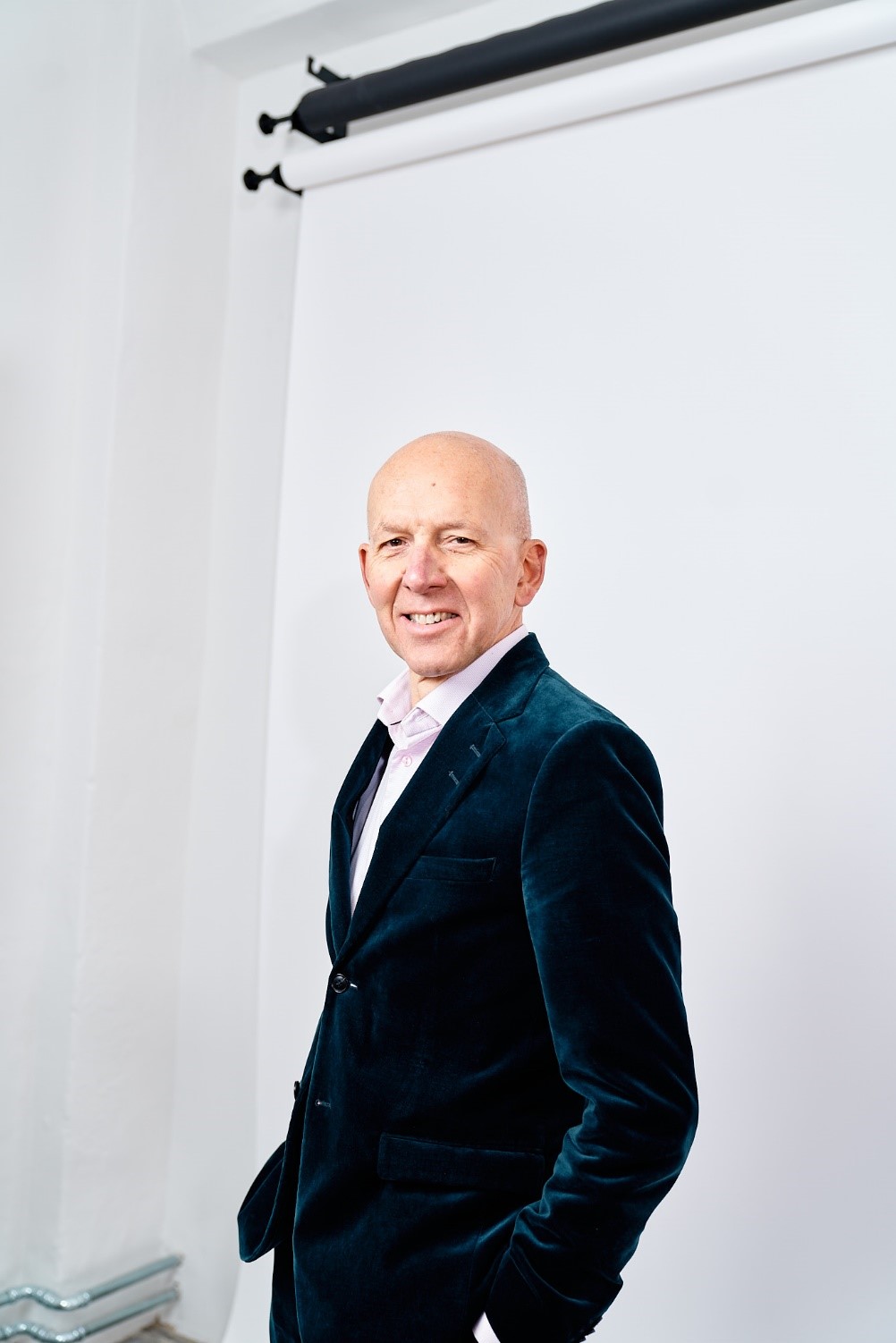
Prof. Dr. Hubertus Büschel, Professorship for Modern and Contemporary History
Hubertus Büschel is Professor of Modern and Contemporary History at the University of Kassel since April 2019. He conducts historical-anthropological research combining micro- and global history on colonialism, post-colonialism and the history of psychiatry, psychology and psychoanalysis in Africa — further information
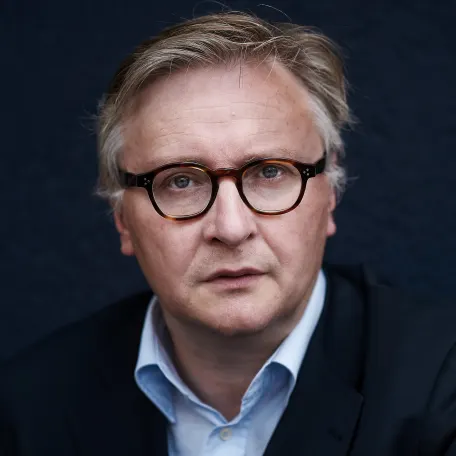
Michael Flörchinger M.A., doctoral candidate, Department of Macrosociology
As a research associate at the department of macrosociology of Prof. Dr. Heinz Bude, Michael Flörchinger was researching and teaching about the relationship between the City of Kassel and the documenta until autumn 2021. He continues working on this topic in his dissertation project at the University of Kassel. In October 202 he began working at the documenta Institut, where one of his task is to coordinate the cooperation between the institute and TRACES — further information
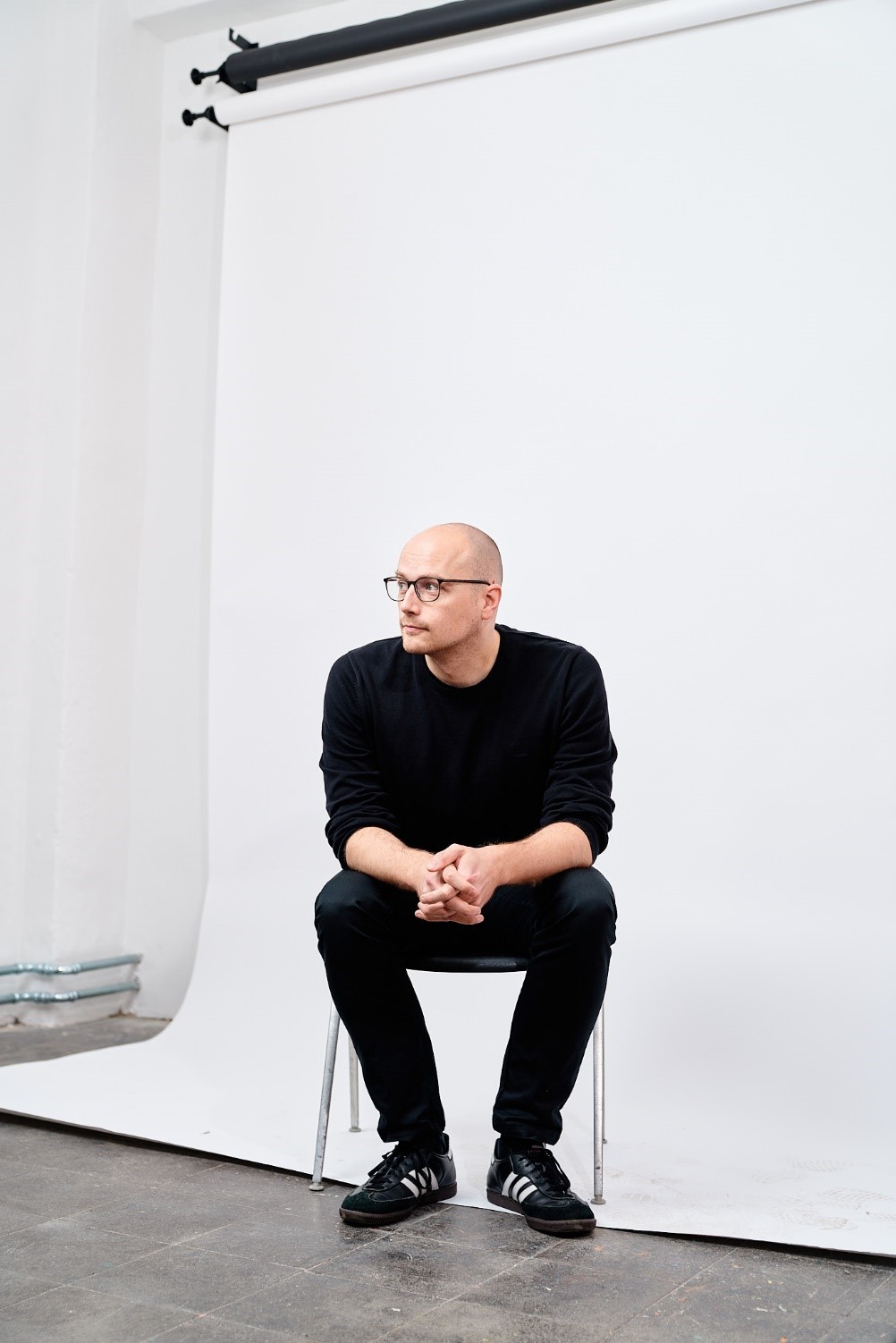
Andreas Niegl M.A., Research Associate, Department “Art and Economies”
Andreas Niegl examines artistic practices beyond the context of classical exhibitions, as they take place both in public space and in the digital realm. In his research he sees these in contrast to an art historical understanding of exhibitability and the immanence of the work. A particular focus is artistic projects that work with blockchain technologies and decentralized autonomous systems — further information
Prof. Dr. Mi You, Professorship “Art and Economies”
Mi You researches the relationship between art and economy. In addition she is internationally active as a curator. Among other things she has curated exhibitions on the topic of the Silk Road as figuration of old and new networks and technologies in South Korea, Mongolia, and Vladivostok. Along with Binna Choi she has directed the research and curation project “Unmapping Eurasia” since 2018. In addition she is one of the curators of the Shanghai Biennale 13 (2020/21) — further information
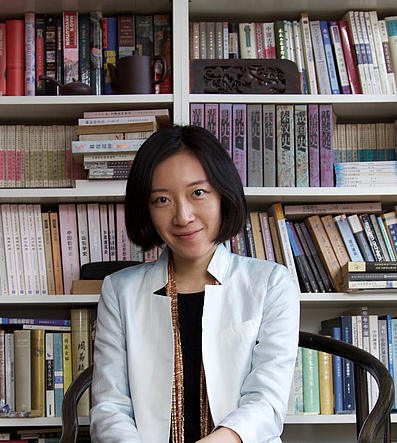
Associated Member
Dr. Birgitta Coers, Director, documenta archiv
The documenta archiv is dedicated to archiving, documenting, and promoting scholarship on text and image sources about modern and contemporary art. One of its main focal areas is the documenta exhibitions, which have been taking place since 1955. Alongside records and documents from the documenta, the holdings include extensive press collections, visual and audiovisual media, a unique art library, and relevant estates and bequests — further information
Transdisziplinäres Forschungszentrum für Ausstellungsstudien
Transdisciplinary Research Center for Exhibition Studies (TRACES)
§ 1 Zielsetzung und Anwendungsbereich
(1) Die Satzung gilt für die Zusammenarbeit in Forschung und Lehre im Transdisziplinären Forschungszentrum für Ausstellungsstudien/Transdisciplinary Research Center for Exhibition Studies der Universität Kassel/Kunsthochschule, im FolgendenTRACES genannt.
(2) TRACES ist ein Forschungszentrum der Universität Kassel/Kunsthochschule (§ 53 HessHG). Es verfolgt das Ziel, Kassel und die Region Nordhessen als Forschungsstandort zu stärken. Als fächerübergreifender Verbund unter primärer Beteiligung der Kunsthochschule (Kunstwissenschaft und künstlerische Forschung), der Fachbereiche Geistes- und Kulturwissenschaften, Gesellschaftswissenschaften sowie Architektur, Stadt- und Landschaftsplanung nimmt TRACES die Aufgabe wahr, die Bedingungen, Formen und Funktionen von Ausstellungen insbesondere von Kunst als Medien gesellschaftlicher Selbstverständigungsprozesse zu studieren. Durch das Etablieren innovativer Forschungsthemen bietet TRACES die Chance, sich im relativ neuen und aktuell international zunehmend an Bedeutung gewinnenden Feld der „curatorial und exhibition studies“ zu positionieren. Aufgrund der Nähe zur documenta und der damit zu erwartenden internationalen Sichtbarkeit wird das Forschungszentrum wesentlich zur Profilierung der kunst-, geistes-/kultur- und gesellschaftswissenschaftlichen sowie der künstlerischen, kuratorischen und architektonischen Forschung am Forschungsstandort Kassel beitragen, indem es innovative Forschung kontinuierlich in die internationale und städtische Öffentlichkeit hinein vermittelt.
(3) Die o.g. Fachbereiche koordinieren in TRACES ihre Forschungs- und Lehrtätigkeit, um die Ziele des Zentrums zu erreichen, bleiben aber mit ihren Ressourcen und ihren sonstigen Aufgaben eigenständig.
§ 2 Organe des Wissenschaftlichen Zentrums
Die Organe des Wissenschaftlichen Zentrums sind:
• die Mitgliederversammlung
• Direktorium
• Geschäftsführende/r Direktor:In und Stellvertretung
• Geschäftsführer:In/Koordinator:In
§ 3 Mitgliedschaften
(1) Mitglieder von TRACES sind neben der documenta Professur zunächst drei weitere vom Land Hessen finanzierte Professuren. Darüber hinaus gehören ihm ProfessorInnen der Universität Kassel/Kunsthochschule an, die im Bereich der Ausstellungsstudien in einem weiteren Sinne forschen. Die/Der DirektorIn des documenta archivs ist assoziiertes Mitglied.
(2) Voraussetzung für die Aufnahme eine/r FachgebietsleiterIn und ihres/seines Fachgebiets als Mitglied von TRACES ist das Einbringen eines für die Zweckbestimmung nach § 1 Absatz 2 einschlägigen Forschungsvorhabens oder Drittmittelprojekts oder die Beteiligung an einem bereits initiierten Projekt. Für das Einbringen eines Neuprojekts wird ein zeitlicher Vorlauf von 1 Jahr angesetzt.
(3) Der Antrag auf Mitgliedschaft ist an das Direktorium zu richten. Das Direktorium beschließt über den Antrag mit einfacher Mehrheit.
(4) Die Mitgliedschaft erlischt nach Wegfall der Voraussetzungen gemäß § 3 Abs. 2 oder durch schriftliche Austrittserklärung. Die Feststellung des Wegfalls der Voraussetzungen gemäß § 3 Abs. 2 erfordert einen Beschluss des Direktoriums mit einfacher Mehrheit.
§ 4 Mitgliederversammlung
(1) Die Mitgliederversammlung besteht aus allen in TRACES arbeitenden FachgebietsleiterInnen.
(2) Die Mitgliederversammlung wird von der/dem geschäftsführenden DirektorIn einberufen und tritt mindestens einmal im Jahr unter ihrem/seinem Vorsitz zusammen.
(3) Einladung und Tagesordnung zur Mitgliederversammlung müssen den Mitgliedern spätestens eine Woche vor der Versammlung zugehen.
(4) Jedes Mitglied ist berechtigt, Anträge zur Tagesordnung der Mitgliederversammlung bei der/dem geschäftsführenden Direktor:In einzubringen.
(5) Auf der Mitgliederversammlung werden Arbeitsergebnisse vorgestellt und der Forschungs- und Wirtschaftsplan besprochen. In ihr können von den Mitgliedern alle wissenschaftlichen und organisatorischen Fragen von TRACES thematisiert werden. Die in TRACES arbeitenden FachgebietsleiterInnen sind aufgefordert, ihre einschlägig forschenden MitarbeiterInnen mitzubringen, um sie an den Diskussionen zu beteiligen. Die MitarbeiterInnen sind nicht stimmberechtigt.
(6) Die Mitgliederversammlung wählt das Direktorium für einen Zeitraum von drei Jahren.
§ 5 Direktorium
(1) Das Direktorium ist das beschließende Organ von TRACES. Es setzt sich zu gleichen Teilen aus VertreterInnen der Kunsthochschule Kassel und den anderen an TRACES beteiligten Fachbereichen der Universität Kassel zusammen. Zum Zeitpunkt des Inkrafttretens dieser Satzung sind das Prof. Dr. Alexis Joachimides, Prof. Dierk Schmidt, Prof. Cecilia Vallejos (Kunsthochschule), Prof. Dr. Liliana Gómez (documenta Professur, Fachbereich Geistes- und Kulturwissenschaften), Prof. Dr. Mi You (documenta Professur, Gesellschaftswissenschaften), Prof. Dr. Philipp Oswalt (Fachbereich Architektur, Stadt- und Landschaftsplanung).
(2) Das Direktorium besteht aus sechs FachbereichsleiterInnen. Bei Ausscheiden eines Mitglieds wird das Direktorium durch Zuwahl ergänzt.
(3) Das Direktorium tritt in der Regel zweimal pro Jahr zusammen und ist beschlussfähig, wenn die Hälfte seiner Mitglieder anwesend ist. Es entscheidet mit der einfachen Mehrheit der anwesenden Mitglieder.
(4) Das Direktorium
• wählt die/den geschäftsführende/n DirektorIn und ihre/seine Stellvertretung mit absoluter Mehrheit
• beschließt den jährlichen Forschungs- und Wirtschaftsplan
• entscheidet über die forschungsstrategische Ausrichtung von TRACES
• entscheidet über die Aufnahme weiterer Fachgebiete in das Zentrum und über Partnerschaften des Zentrums
• beschließt die Vergabe von Unteraufträgen, die aus dem gemeinsamen Haushalt des Wissenschaftlichen Zentrums bezahlt werden, und
• entscheidet über alle Fragen, die TRACES als Ganzes betreffen und nicht ausdrücklich einem anderen Organ zugewiesen sind.
(5) Das Direktorium kann mit 5 von 6 Stimmen den Ausschluss eines Fachgebiets aus dem Zentrum beschließen.
(6) Das Direktorium kann mit absoluter Mehrheit aller Mitglieder dem Präsidium der Universität Kassel eine Änderung dieser Geschäftsordnung vorschlagen.
(7) Das Direktorium entscheidet mit einfacher Mehrheit über die Einstellung bzw. Verlängerung der GeschäftsführerIn/KoordinatorIn.
§ 6 Geschäftsführende/r DirektorIn
(1) Das Amt der/des geschäftsführenden DirektorIn wird seitens einer/s VertreterIn der Kunsthochschule wahrgenommen.
(2) Die Amtszeit der/s geschäftsführenden DirektorIn beträgt drei Jahre. Neuwahlen finden spätestens drei Monate vor Beendigung der Amtszeit statt. Wiederwahl ist zulässig.
(3) Die Stellvertretung ist ein/e VertreterIn der beteiligten Fachbereiche an der Universität Kassel und rotiert im anderthalbjährlichen Wechsel (in der Reihenfolge FB 02, FB 06, FB 05). Dabei ist das Verhältnis zwischen GD und ihrem/seinem Stellvertreter grundsätzlich eines des intensiven Austauschs über die Belange des Forschungszentrums.
(4) Die/der geschäftsführende DirektorIn trifft die operativen Entscheidungen in der Geschäftsführung von TRACES gemeinsam mit ihrem/seinem Stellvertreter(in).
Die/der geschäftsführende DirektorIn hat im weiteren folgende Aufgaben, bei denen sie/er sich von der Stellvertretung vertreten lassen kann:
• beruft das Direktorium ein und leitet dessen Sitzung
• berichtet dem Direktorium regelmäßig über alle bedeutsamen Angelegenheiten des Forschungszentrums
• leitet die Mitgliederversammlung
• vertritt das Forschungszentrum nach außen
• leitet die Geschäftsstelle
• führt die Beschlüsse des Direktoriums aus.
(5) In Angelegenheiten von grundsätzlicher Bedeutung hat sie/er eine Entscheidung des Direktoriums herbeizuführen. In unaufschiebbaren dringenden Fällen hat sie/er das Erforderliche in Rücksprache mit ihrem/ seinem Stellvertreter(in) selbst zu veranlassen. Sie/er hat darüber dem Direktorium unverzüglich zu berichten.
(6) Die/der geschäftsführende DirektorIn kann aus wichtigem Grund durch Beschluss des Direktoriums vorzeitig abberufen werden. Hierfür ist eine Dreiviertelmehrheit erforderlich.
§ 7 Zusammenarbeit im Wissenschaftlichen Zentrum
(1) Die in TRACES kooperierenden Fachgebiete bearbeiten die von ihnen eingeworbenen Forschungsaufträge und ihre sonstigen Aufgaben in Forschung und Lehre in eigener Verantwortung. Sie informieren die anderen Fachgebiete über ihre Forschungstätigkeiten und ihre Ergebnisse und geben auf Nachfragen Auskunft zu einzelnen Forschungsarbeiten.
(2) Die kooperierenden Fachgebiete unterstützen die gemeinsame Zielsetzung von TRACES und übernehmen neben ihren wissenschaftlichen Arbeiten Gemeinschaftsaufgaben im Zusammenhang von TRACES. Sie arbeiten in gemeinsamen Forschungsprojekten interdisziplinär zusammen und kooperieren bei der gemeinsamen Einwerbung und Durchführung von Forschungsprojekten. Sie arbeiten auch in der interdisziplinären Ausbildung der NachwuchswissenschaftlerInnen zusammen. Sie tragen zu einem gemeinsamen Erscheinungsbild von TRACES und zu einem gemeinsamen Außenauftritt bei.
(3) Die Mitglieder von TRACES verpflichten sich, an der Berichtspflicht für die Ergebnisdokumentation mitzuwirken. Veröffentlichungen und Vorträge im Zusammenhang mit der Arbeit bei TRACES werden der Geschäftsführung und den anderen Fachgebieten für mögliche Kooperationen bekannt gegeben.
(4) Ausscheidende Mitglieder sorgen für einen ordnungsgemäßen Abschluss laufender Arbeiten.
(5) Beim Ausscheiden eines Mitglieds aus TRACES fallen die aus Mitteln von TRACES erworbenen Gegenstände und Rechte an TRACES zurück. Über deren weitere Verwendung entscheidet das Direktorium auf Vorschlag der/s geschäftsführende/n DirektorIn. Das Gleiche gilt für nicht genutzte Zuwendungen für ein Teilprojekt am Ende des Jahres.
§ 8 Geschäftsordnung
Ergänzend findet die Geschäftsordnung für die Gremien der Universität Kassel (GO-UK) in der jeweils geltenden Fassung Anwendung.
§ 9 Inkrafttreten
Diese Ordnung tritt mit dem Beschluss des Präsidiums in Kraft.
About TRACES
What is TRACES?
Board of Directors
Members
Statutes
